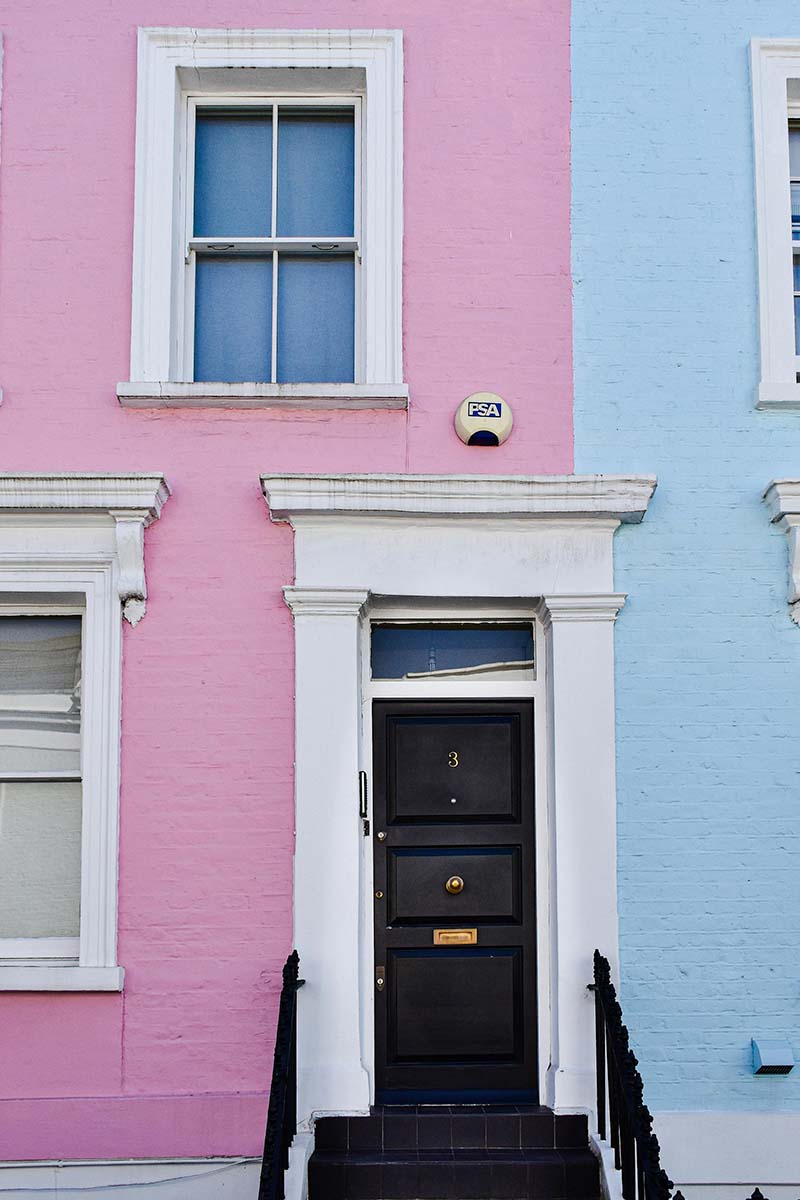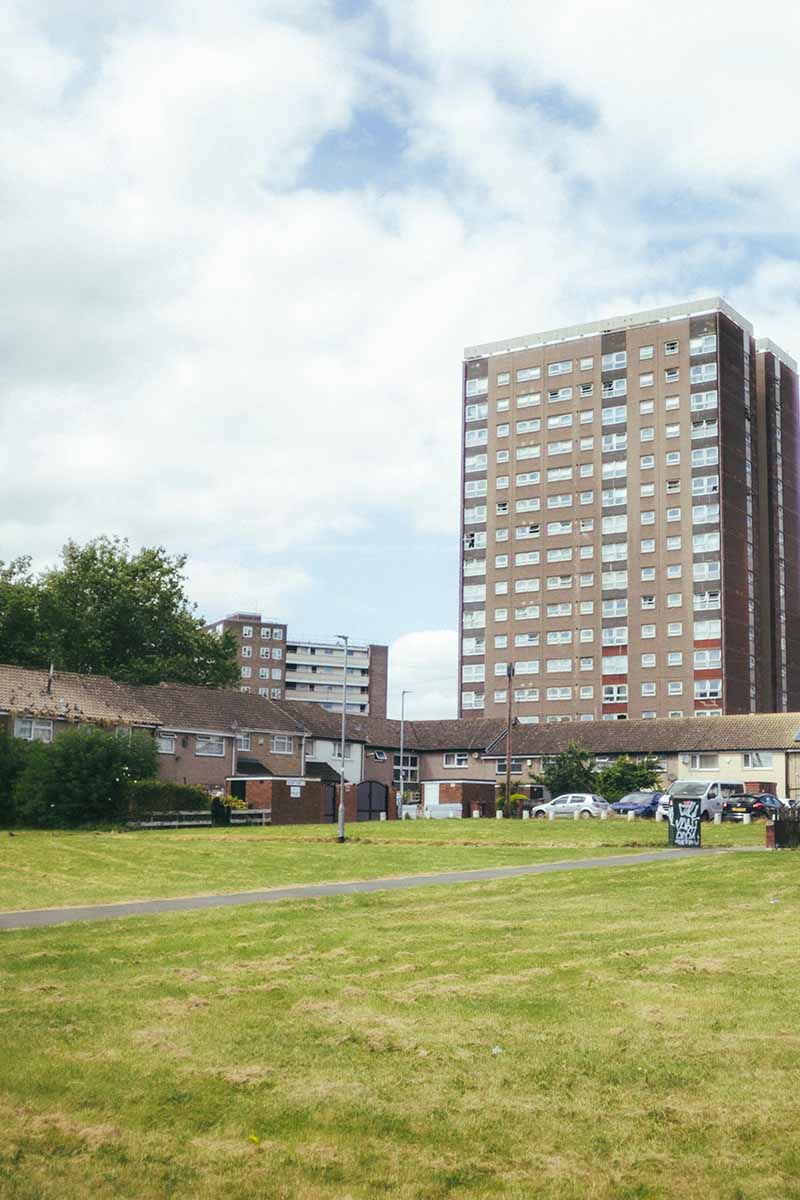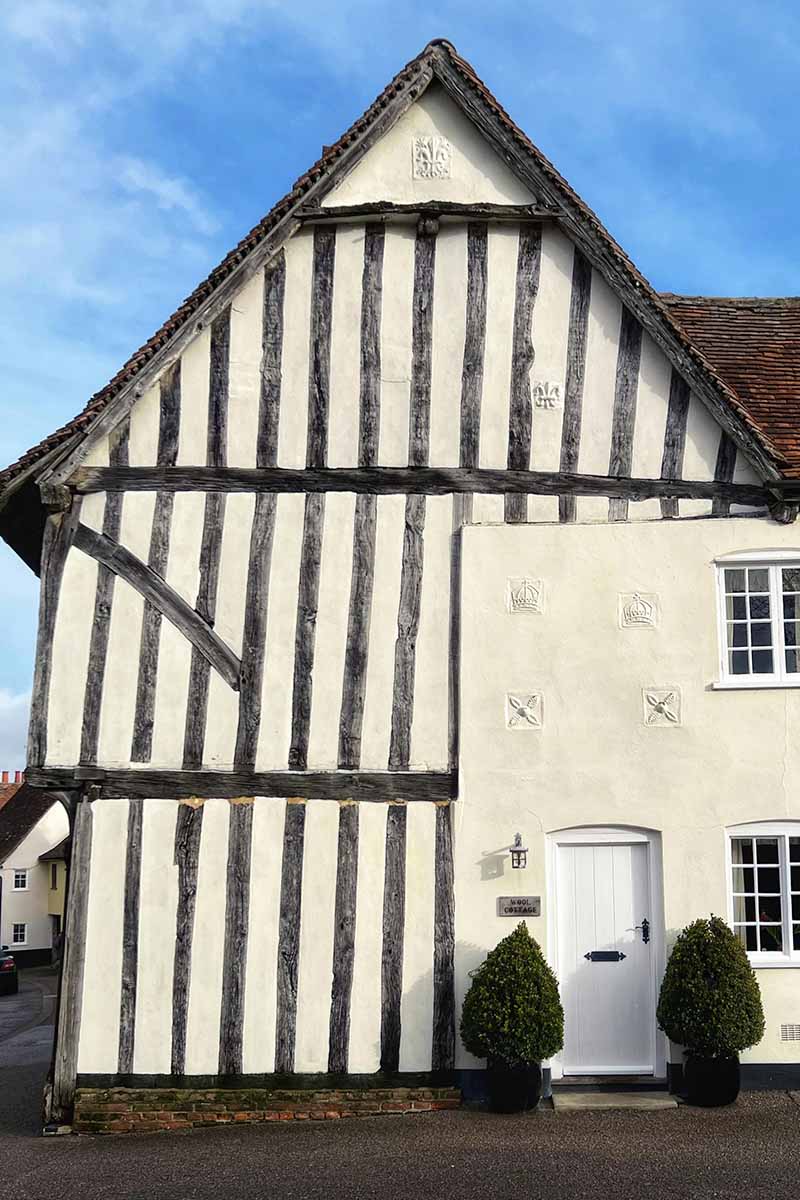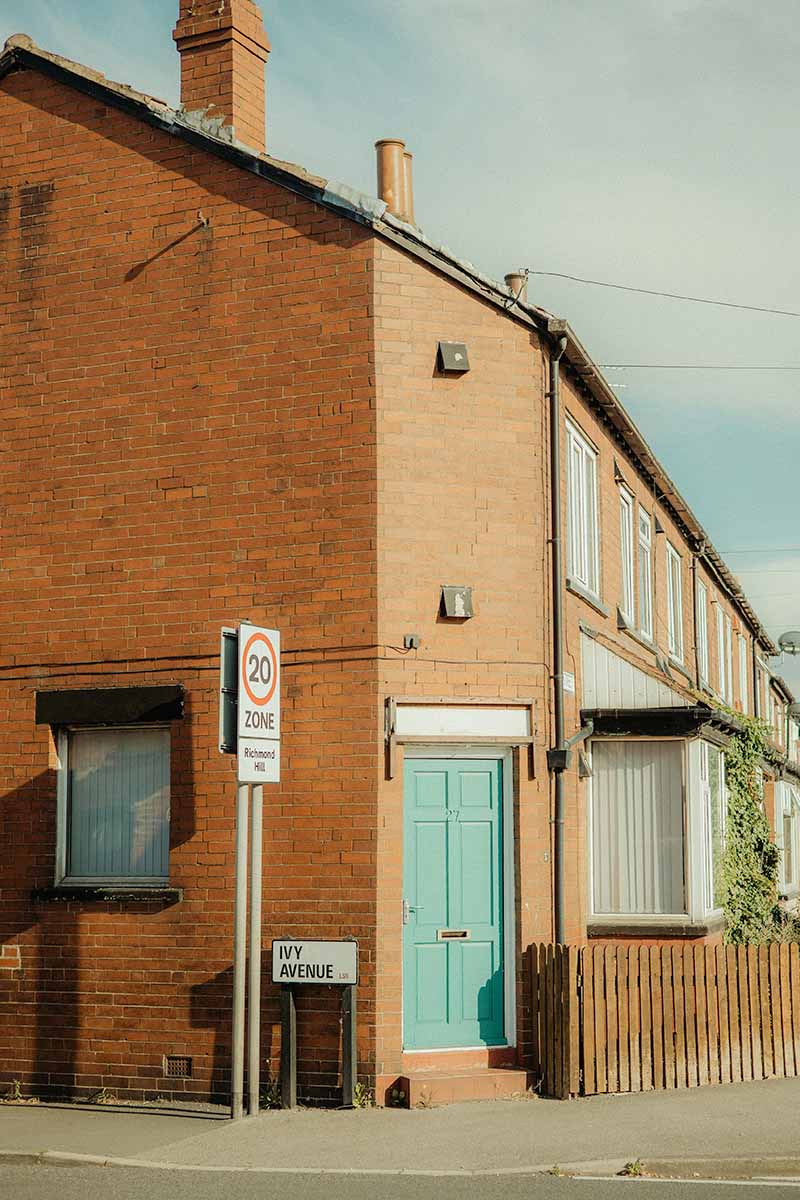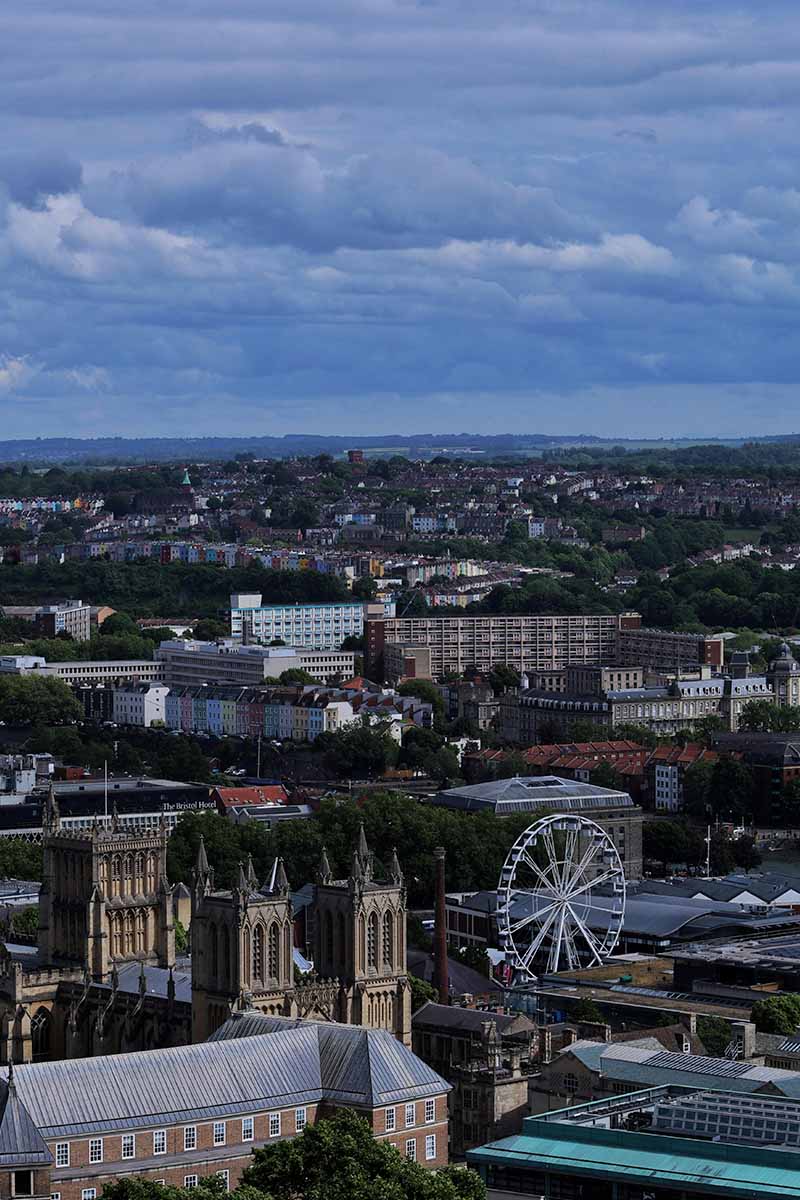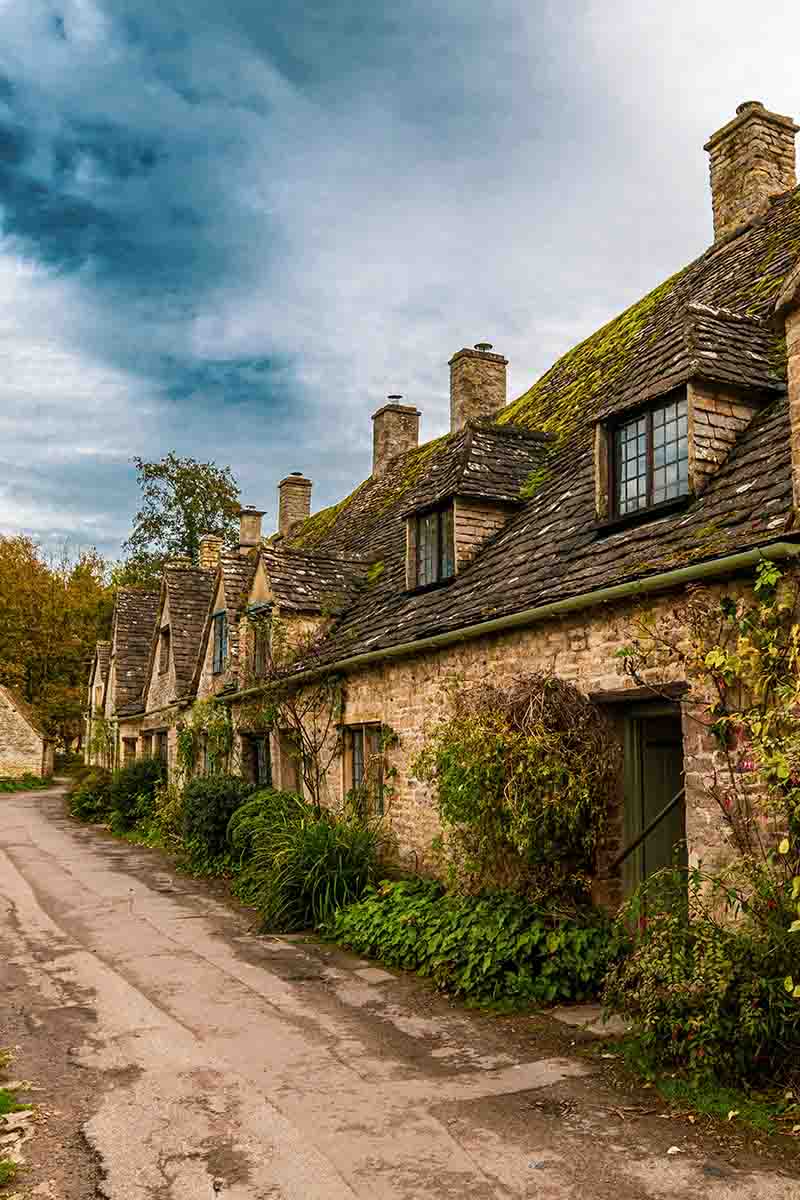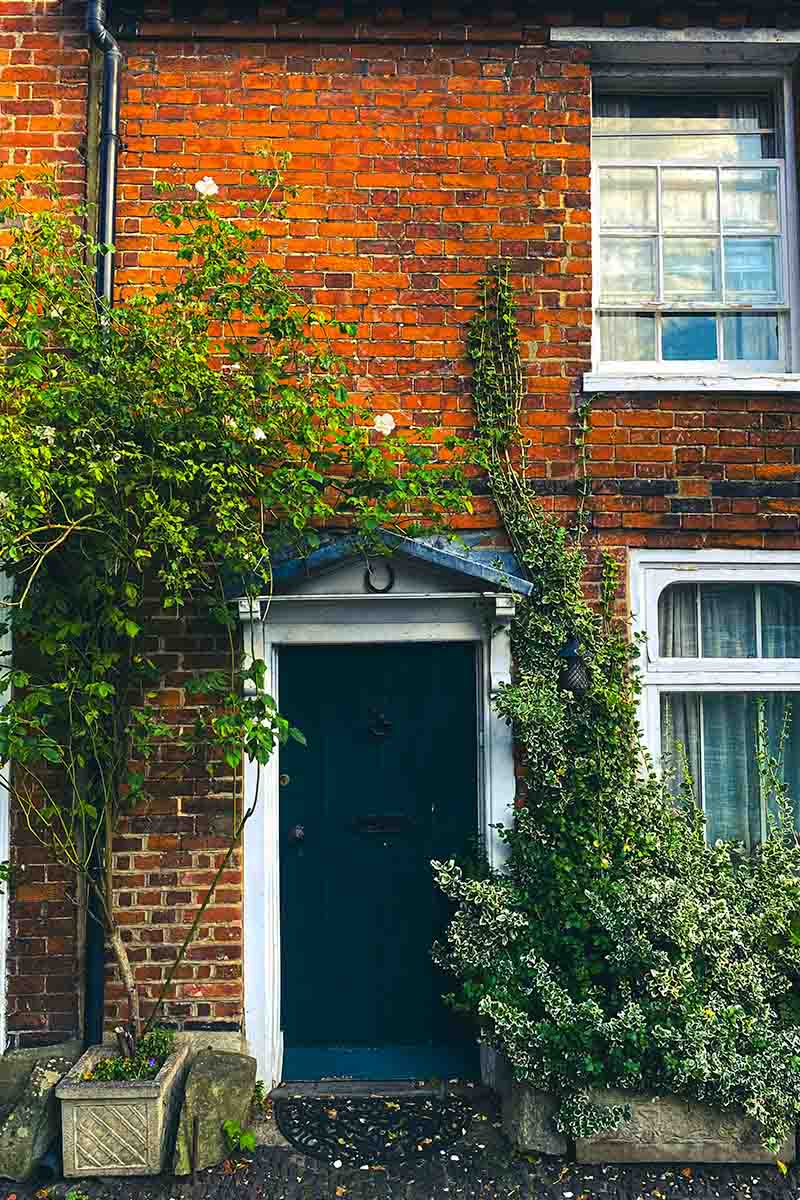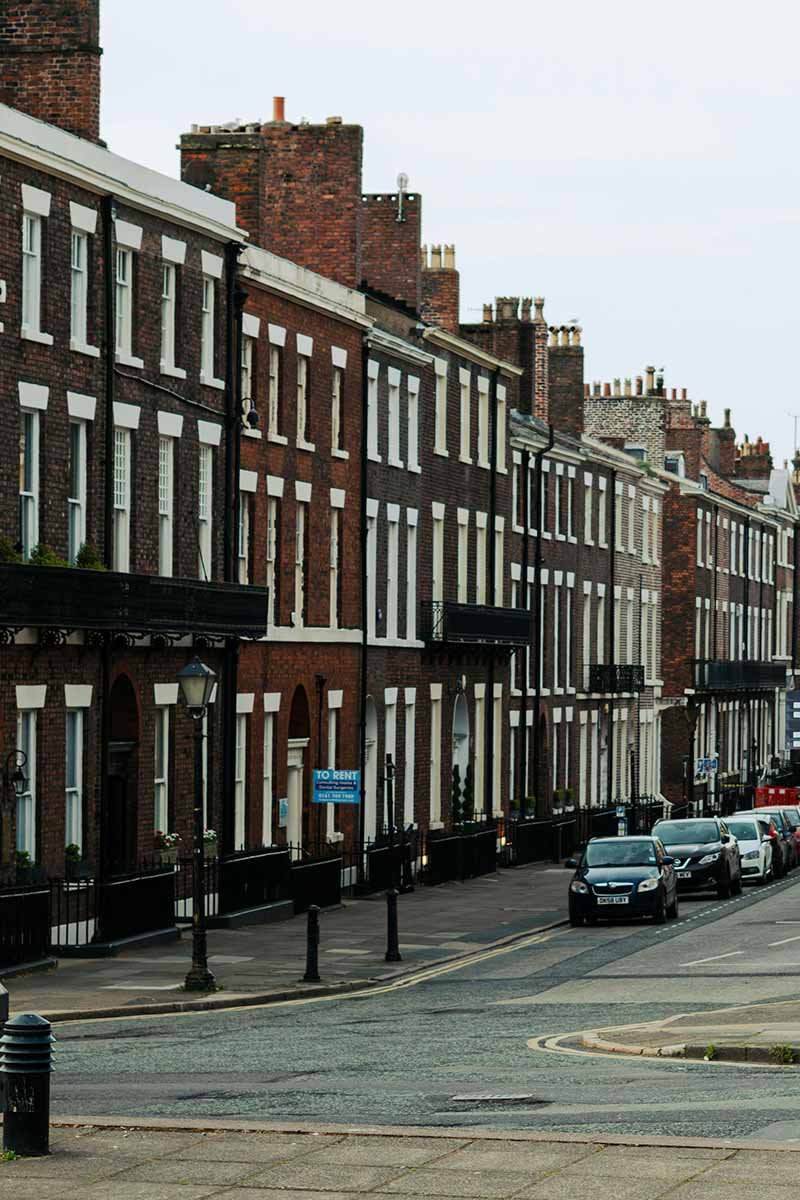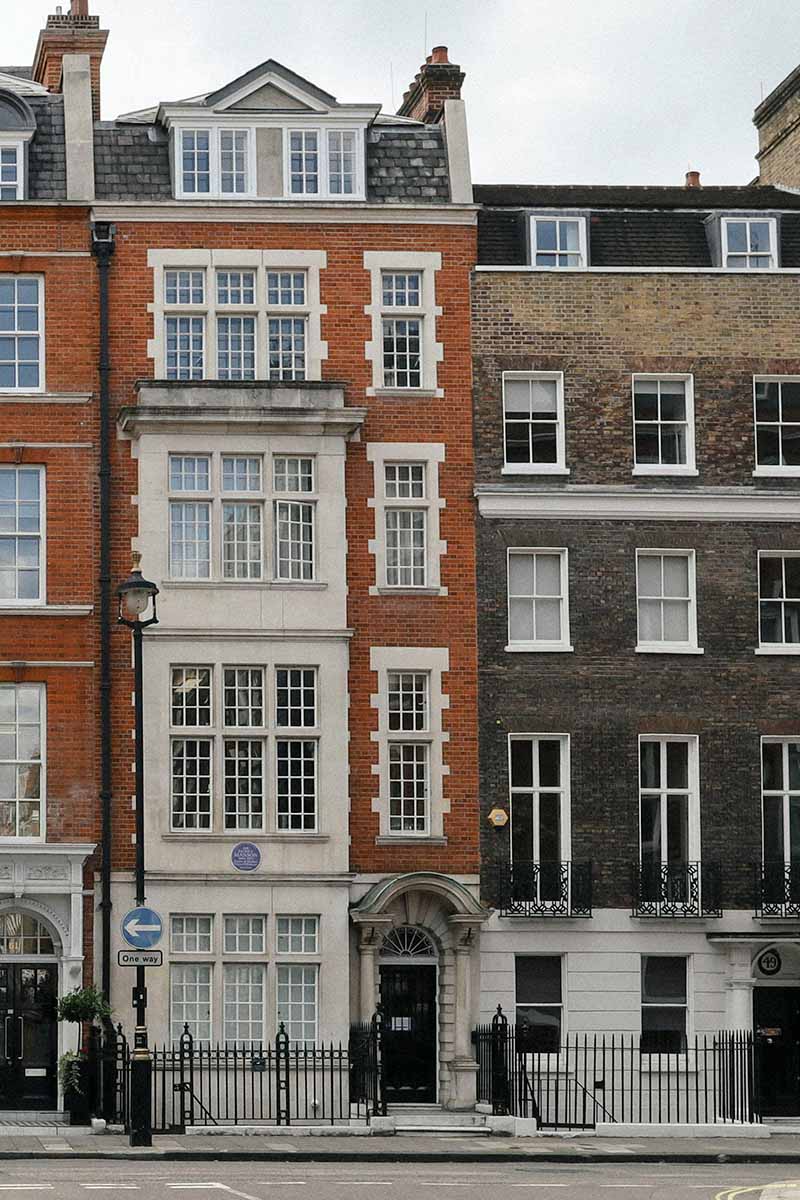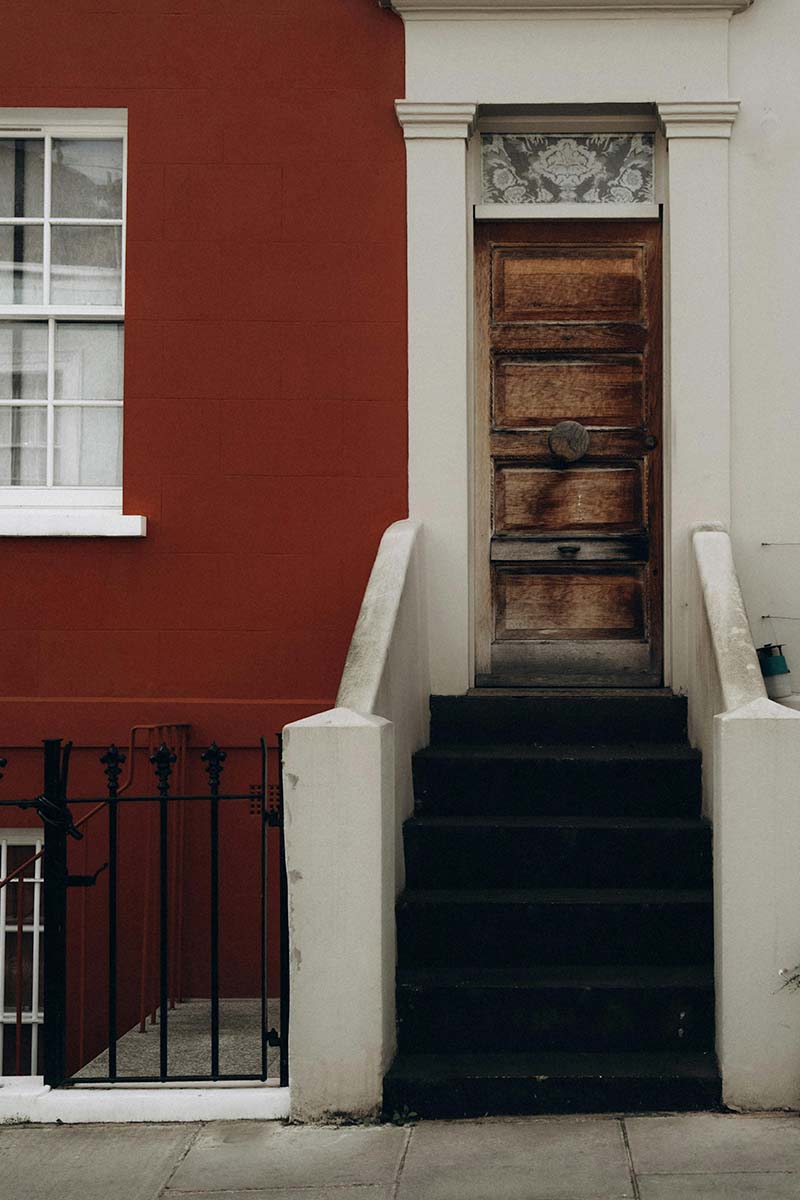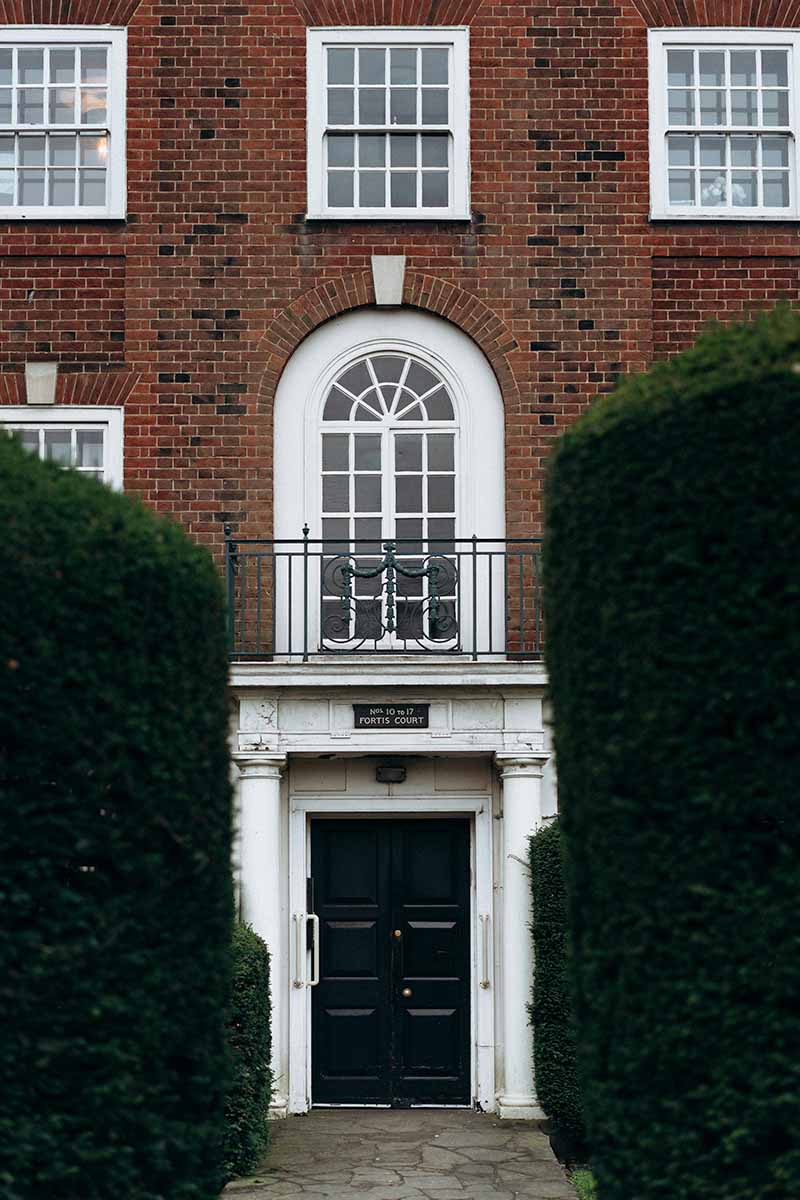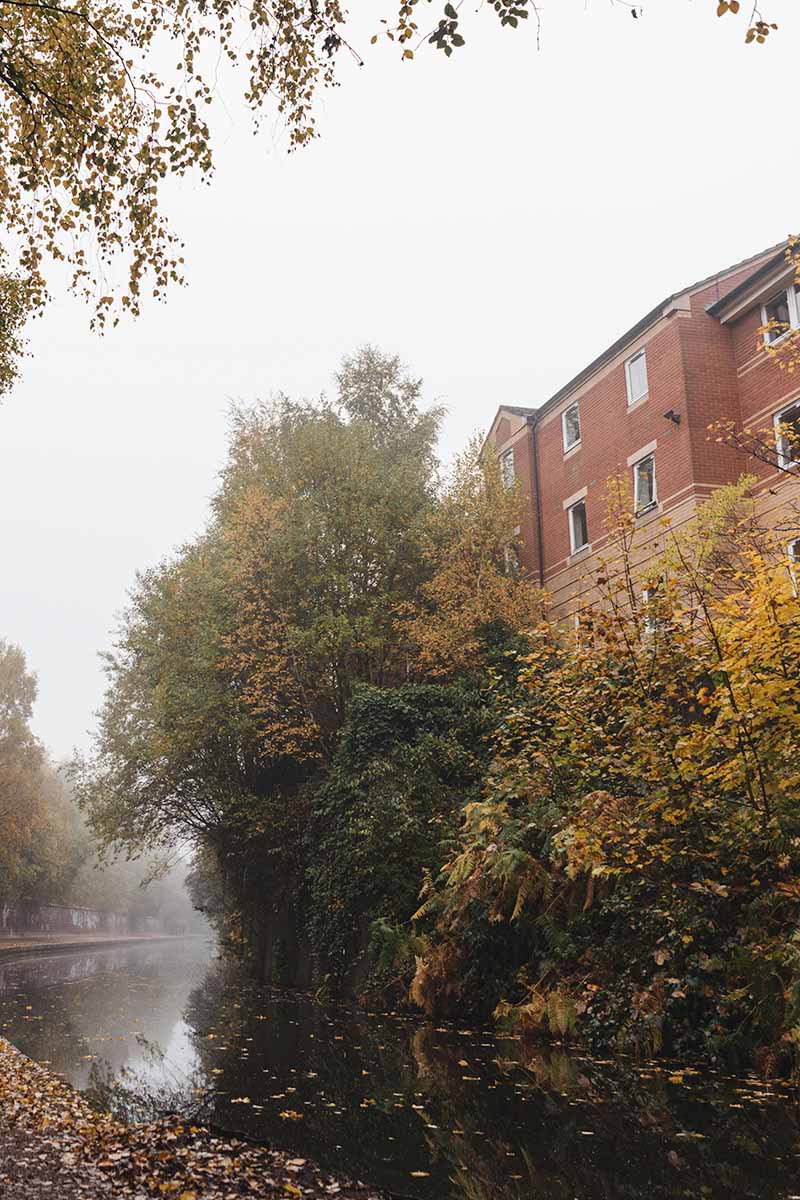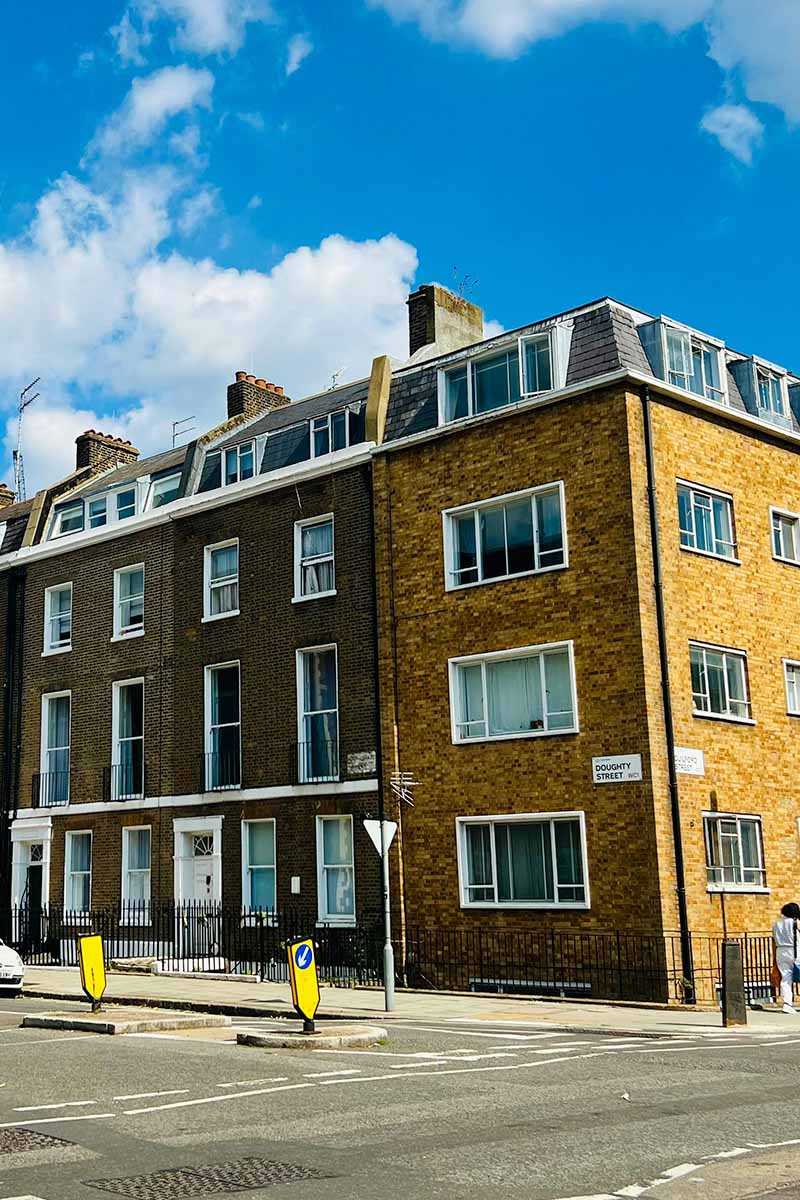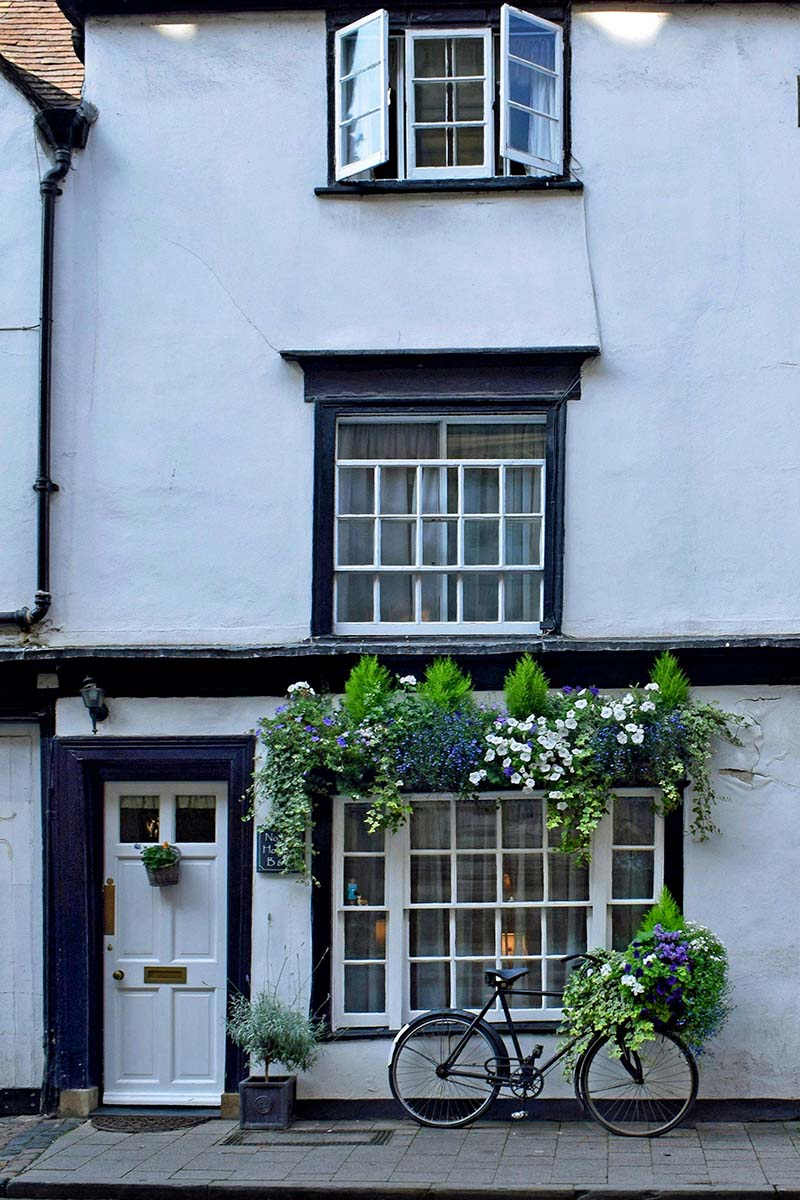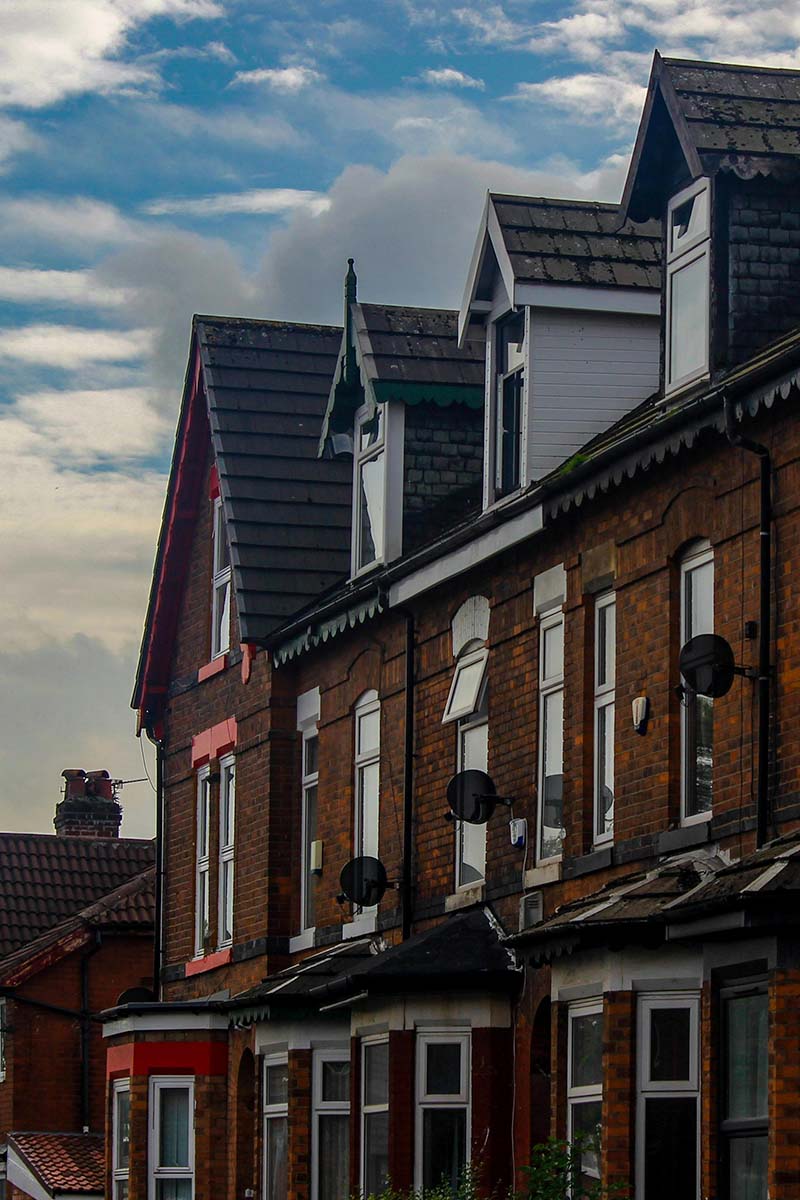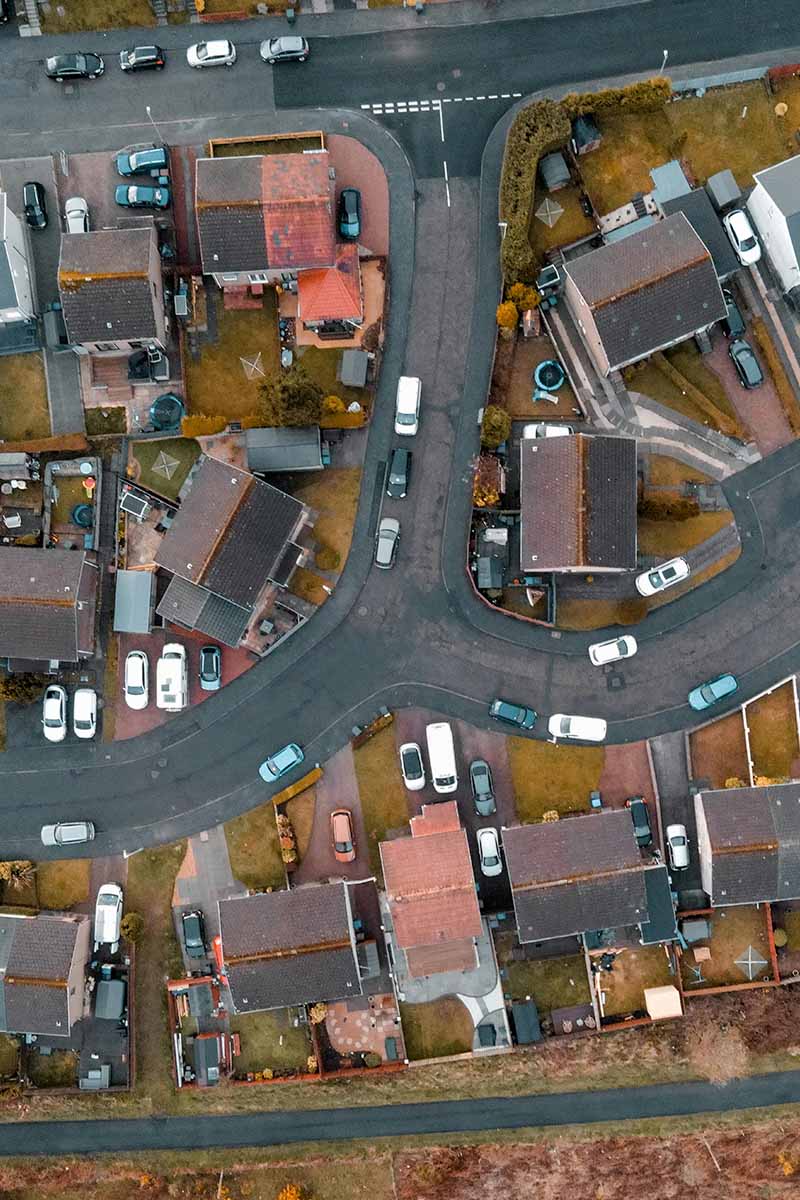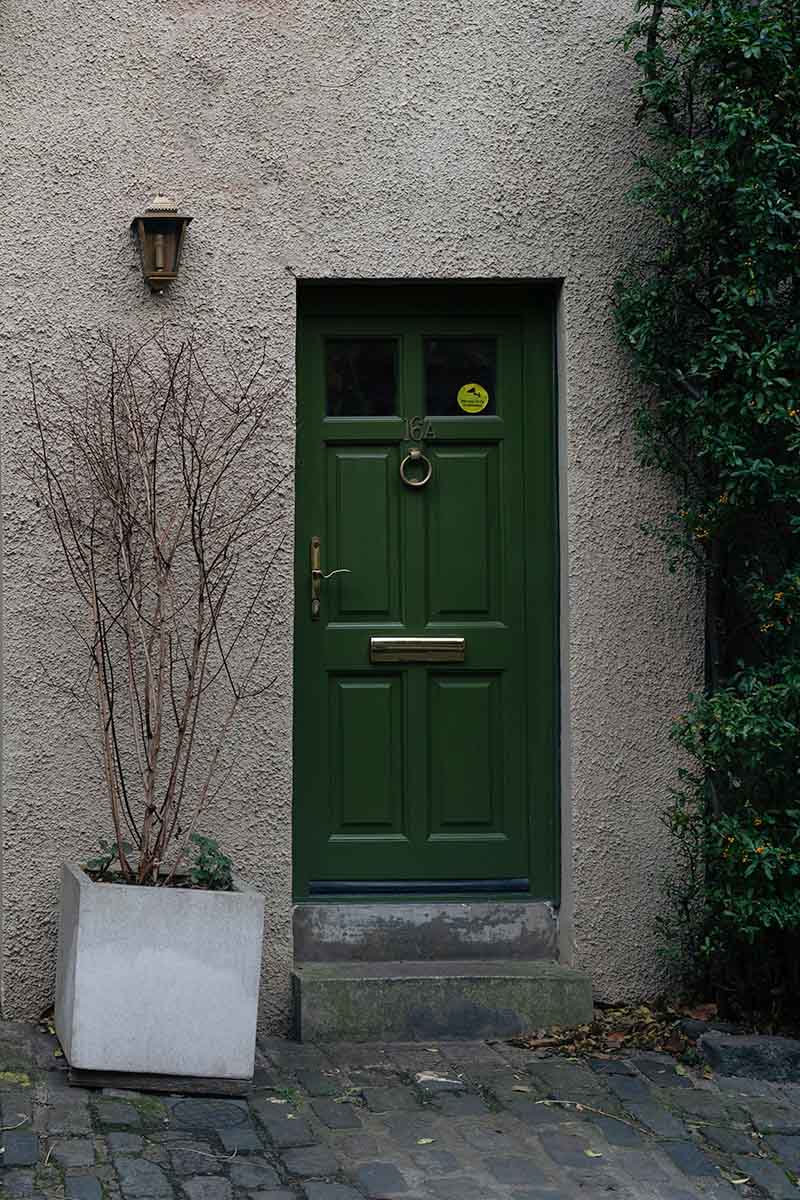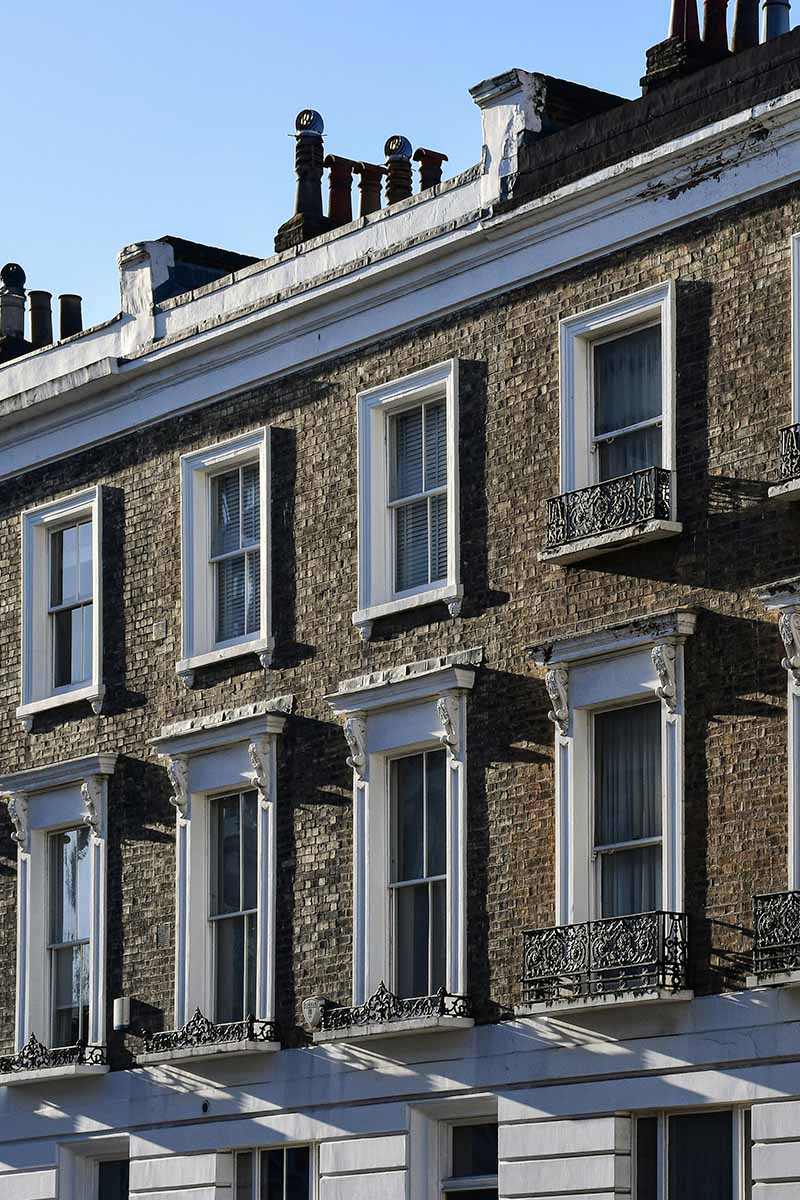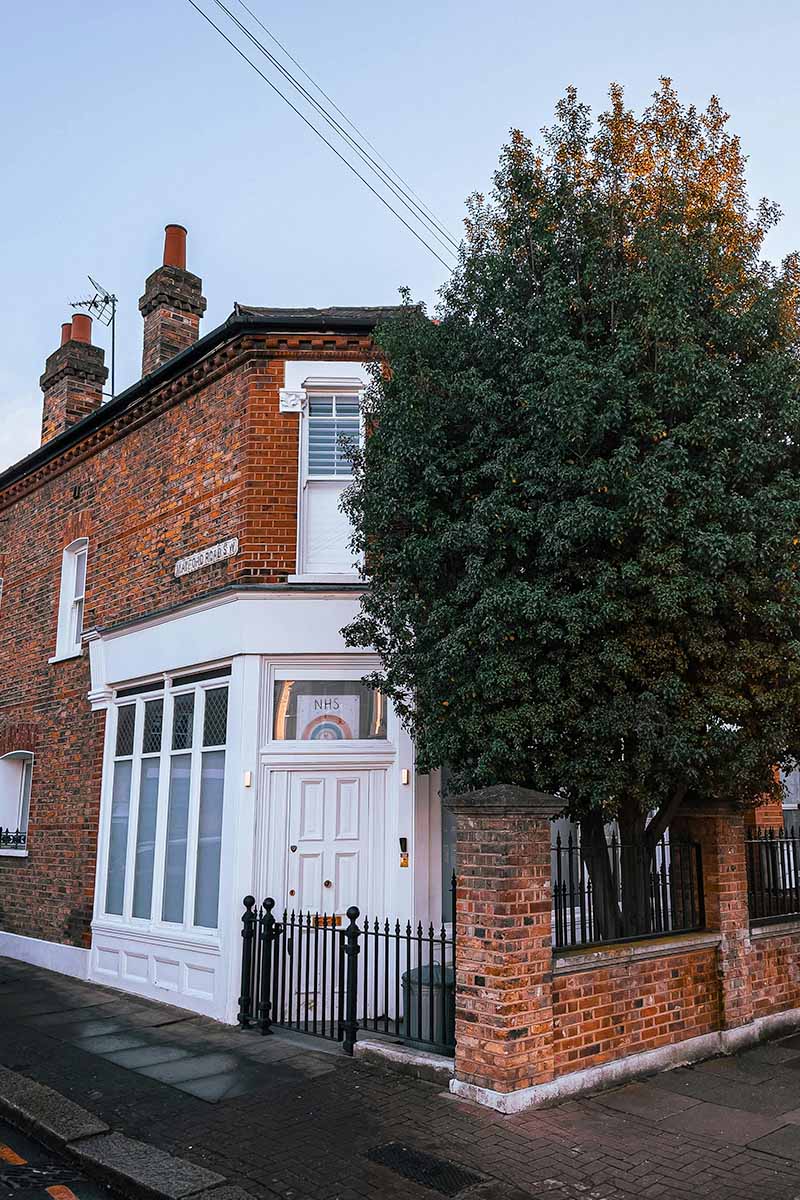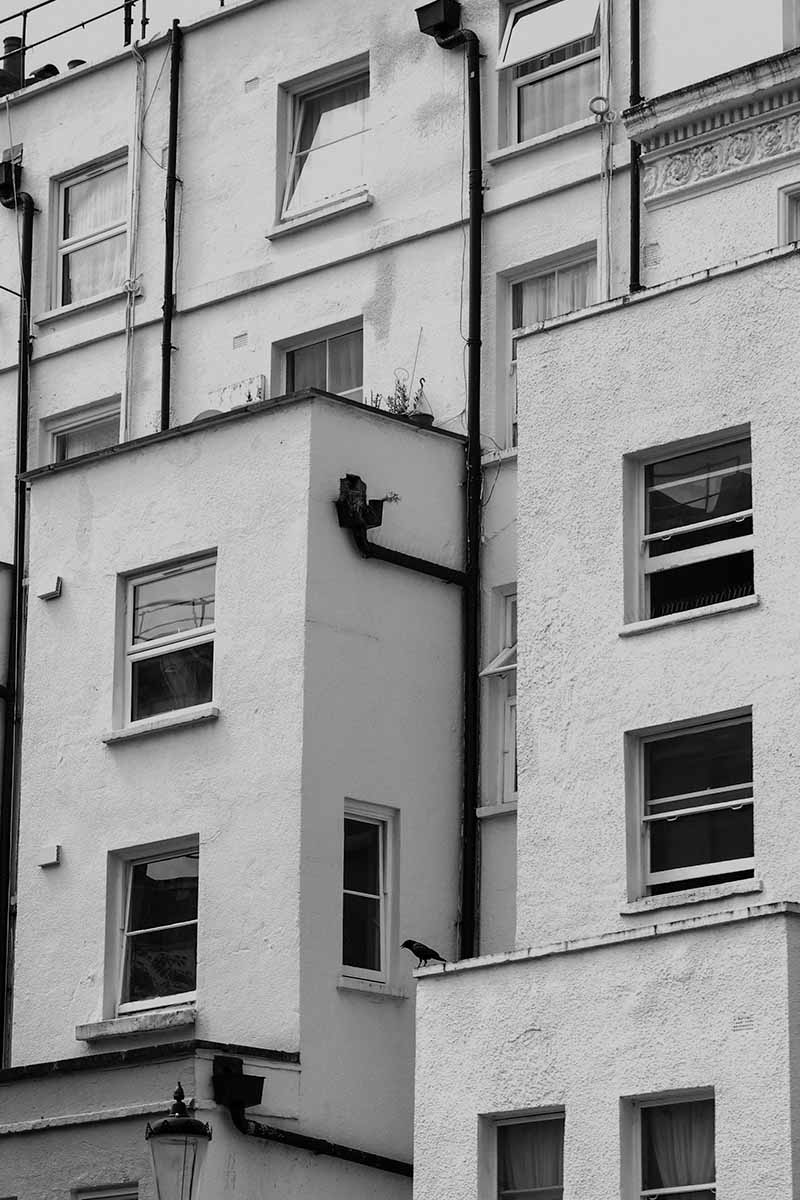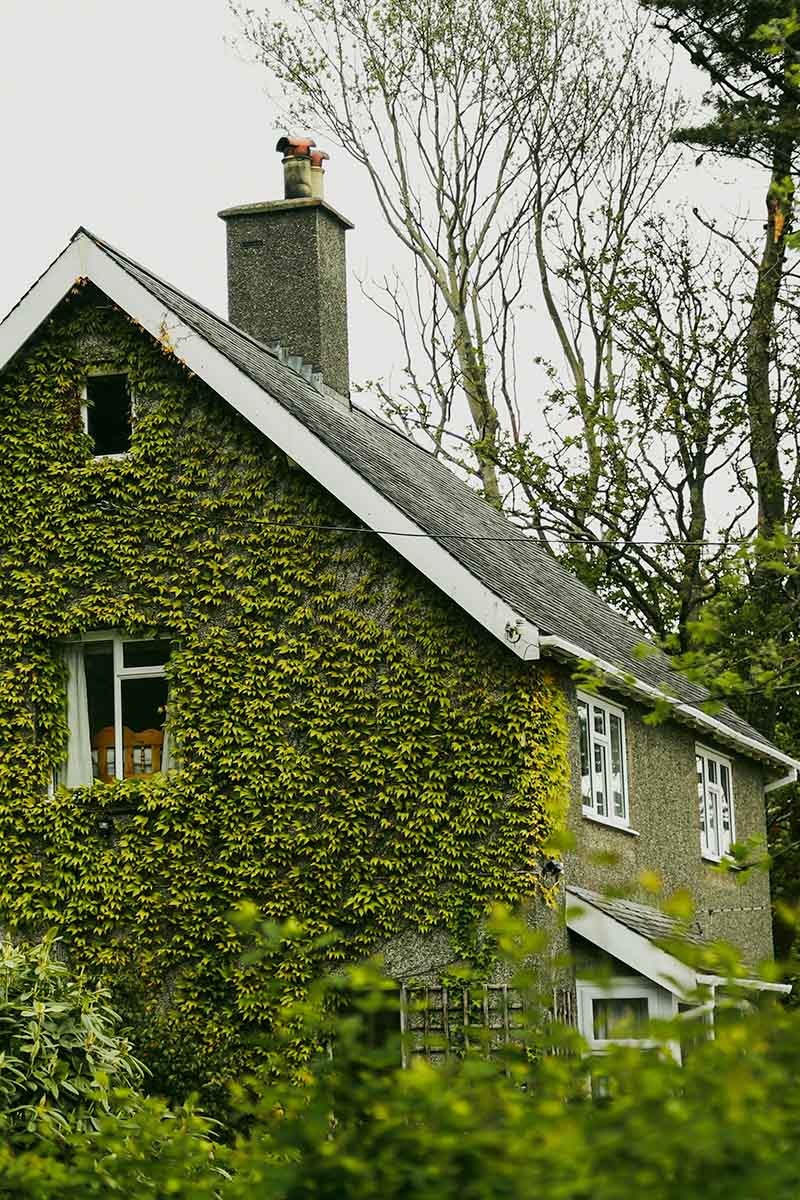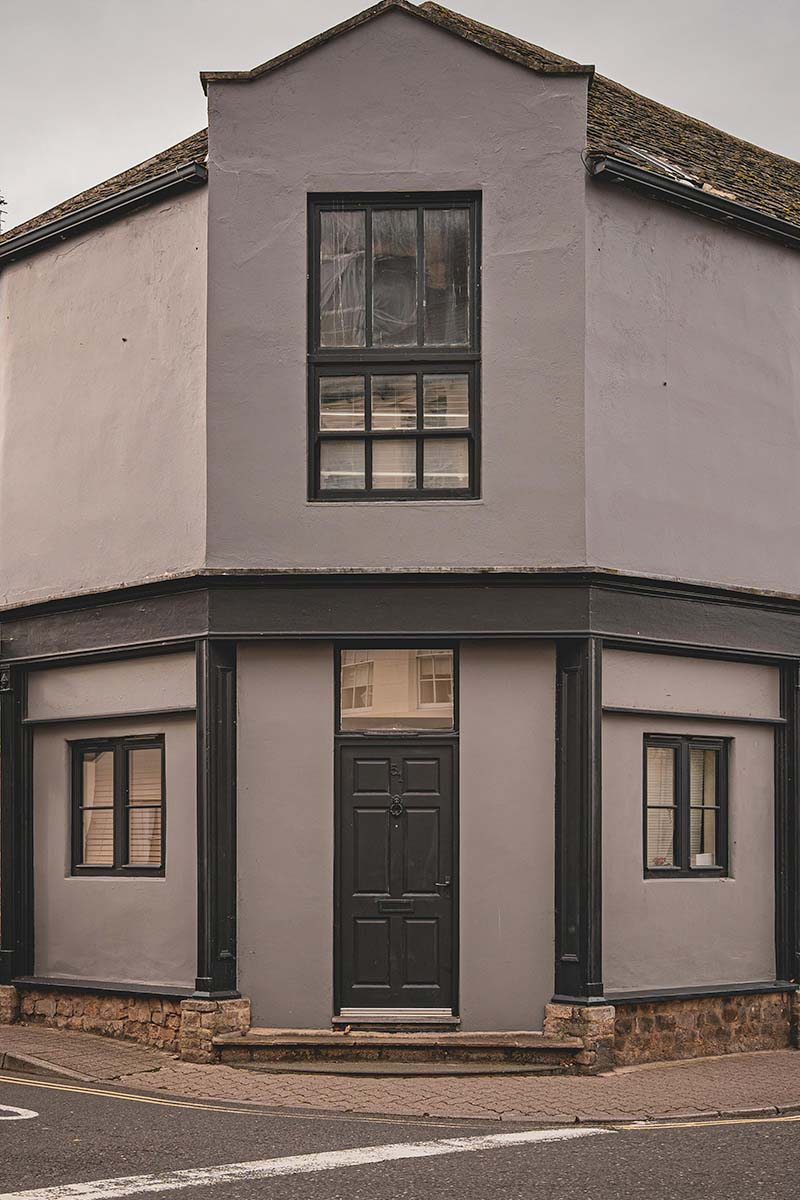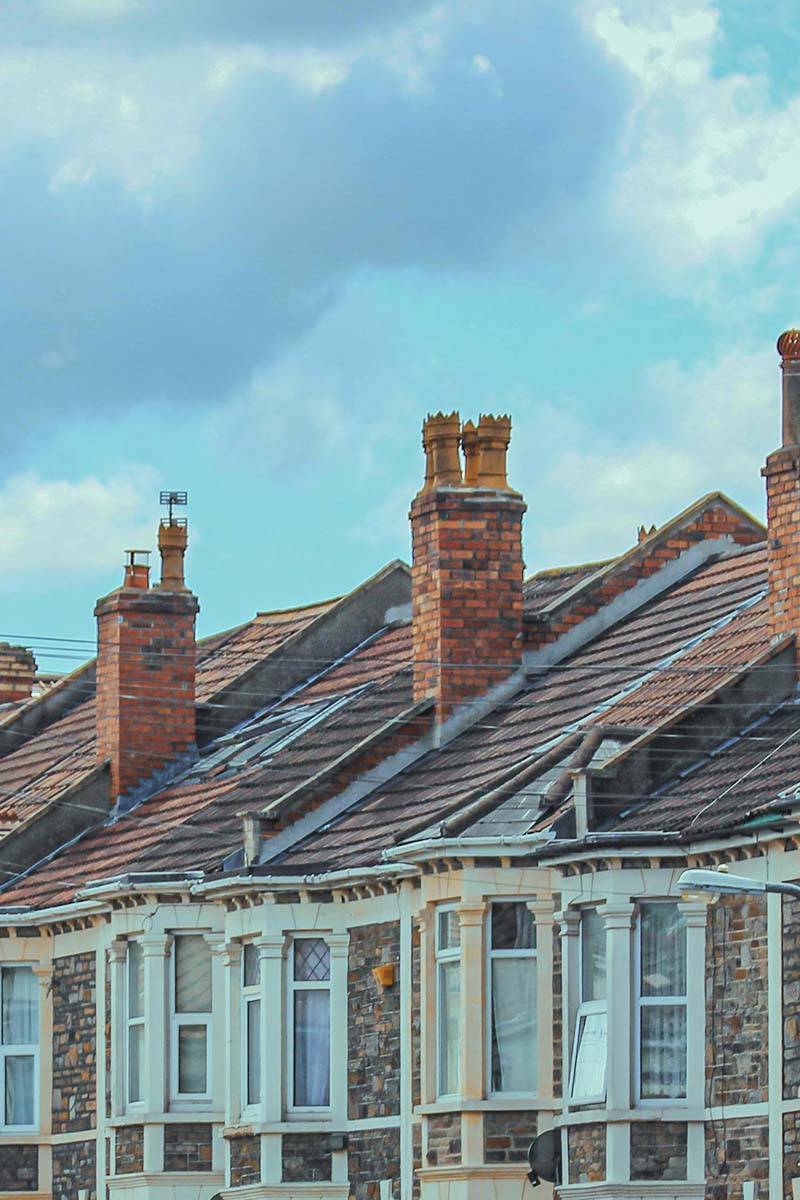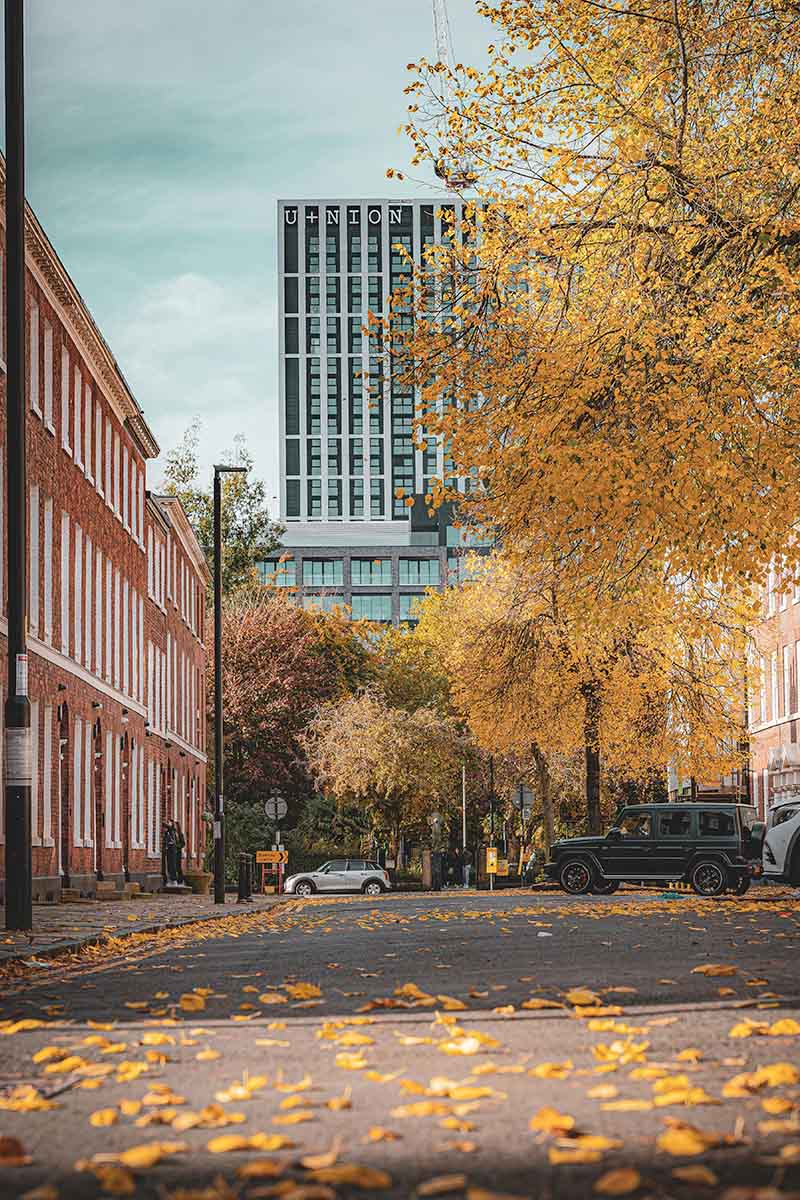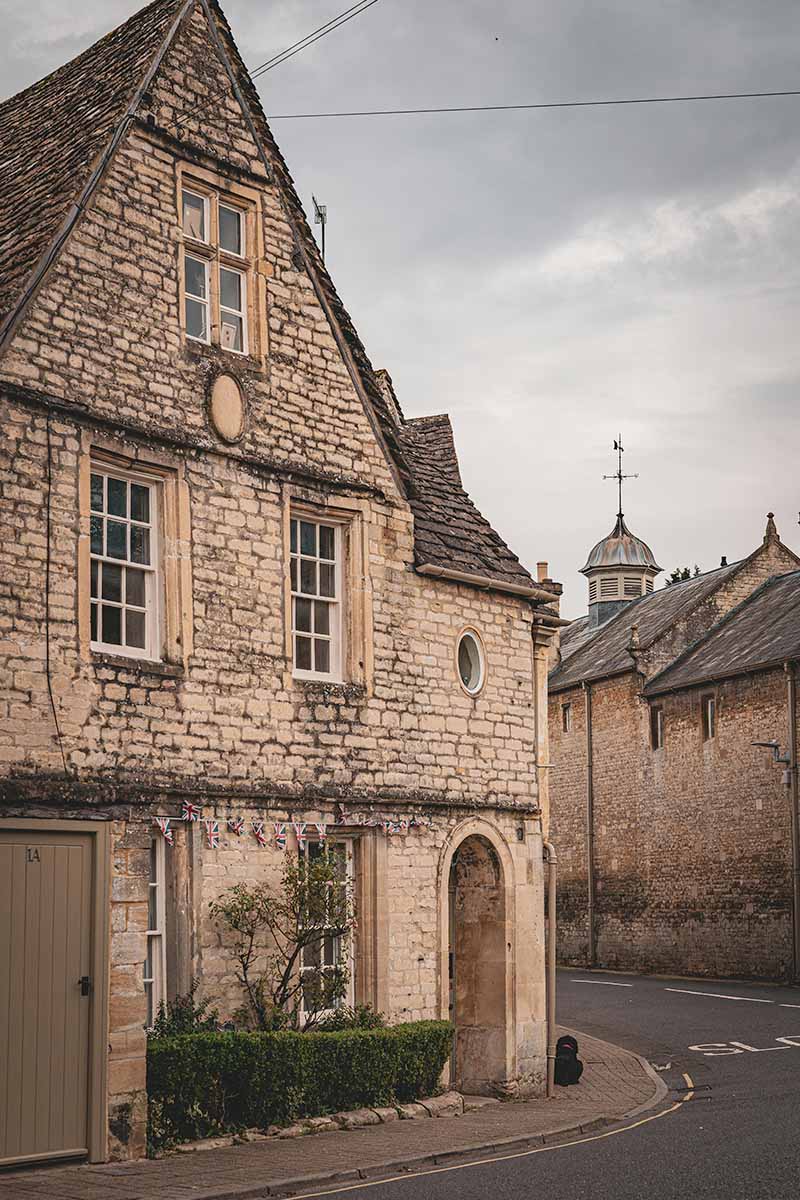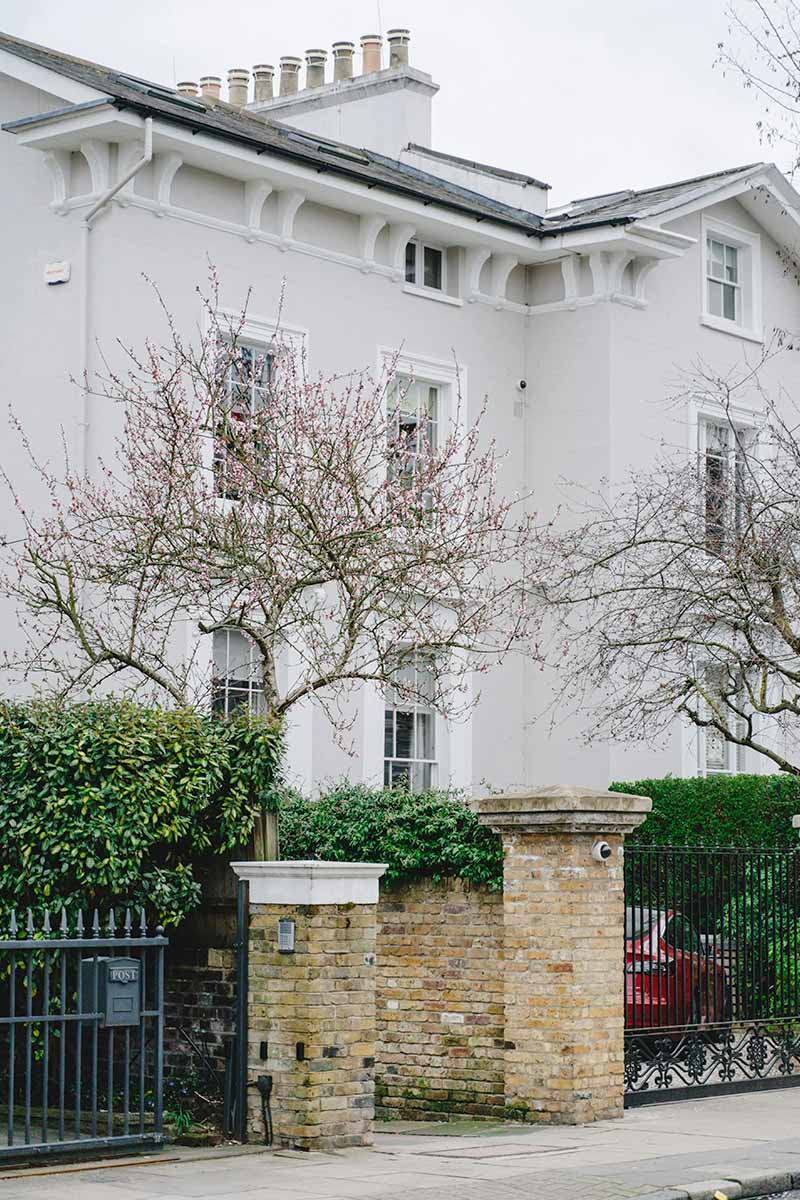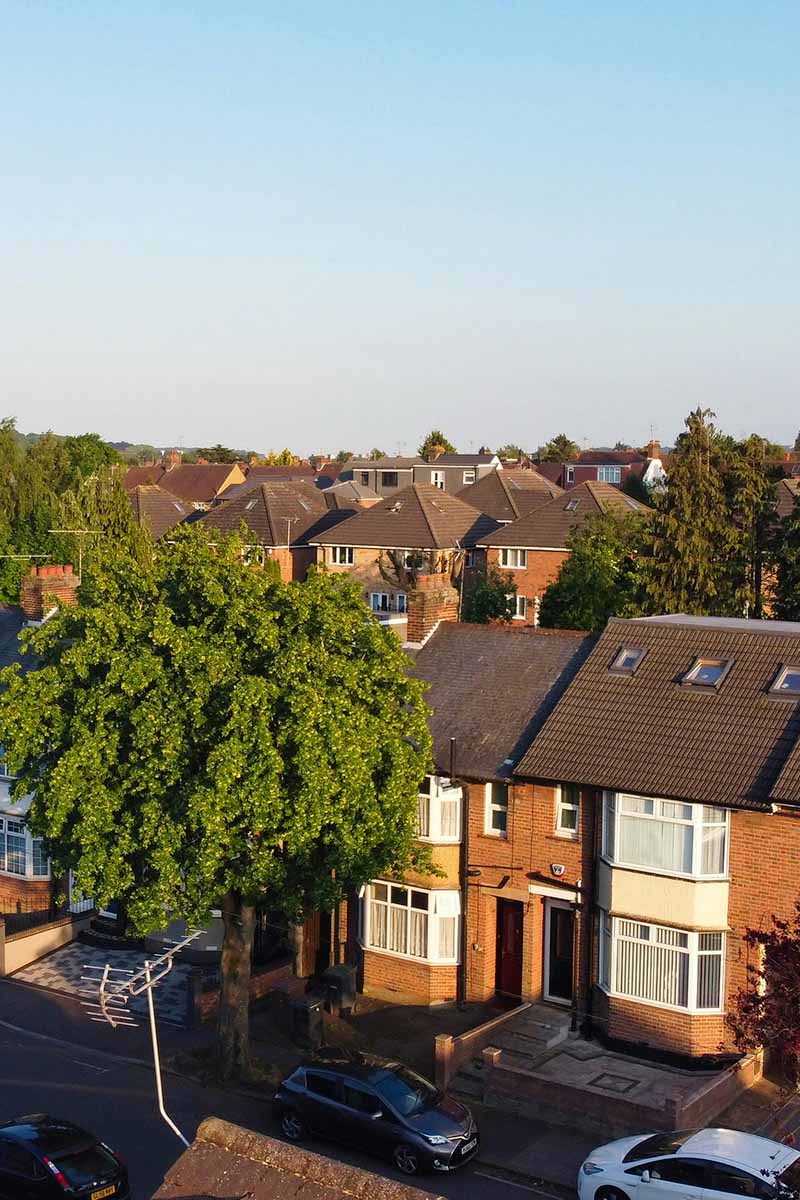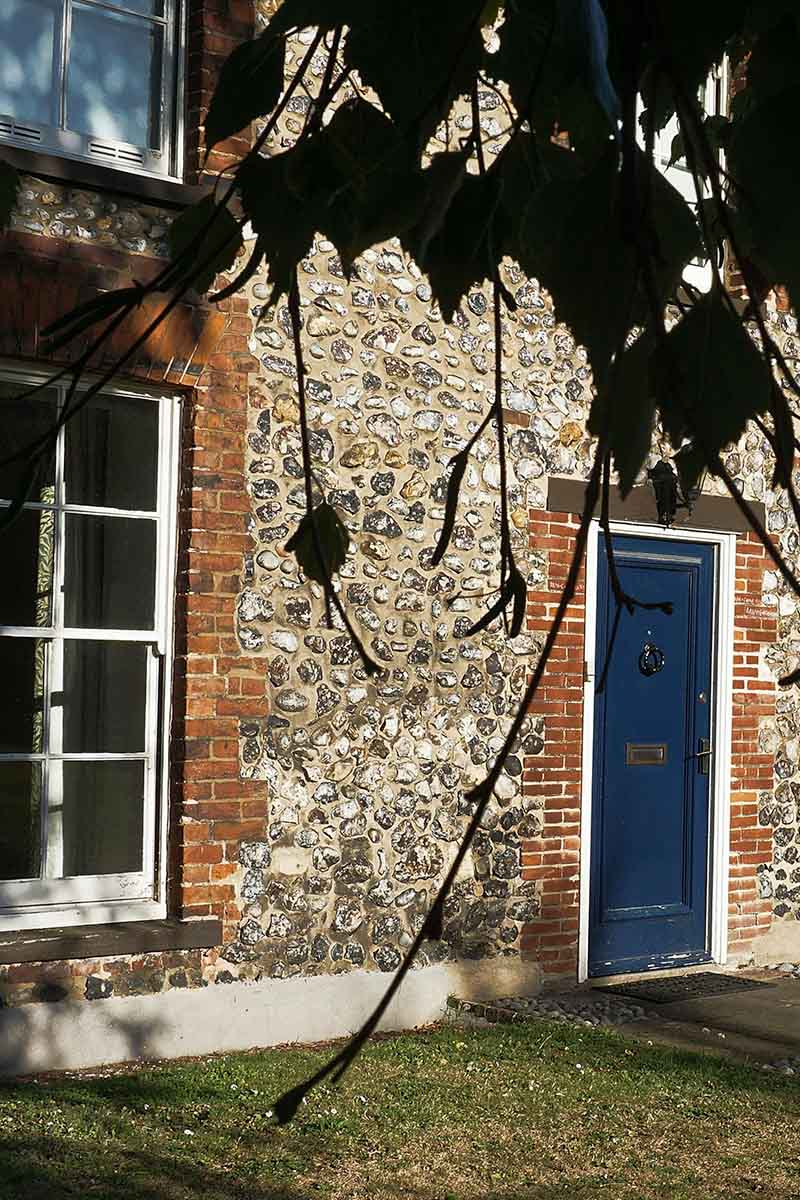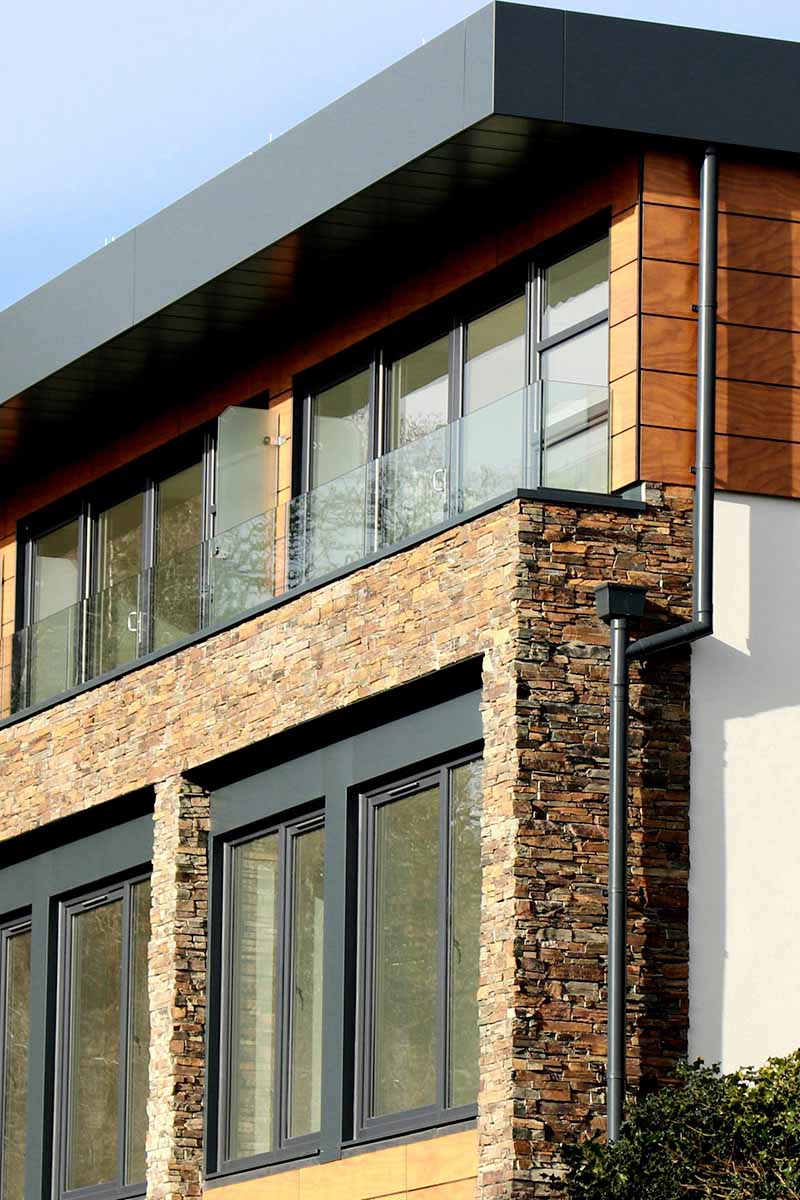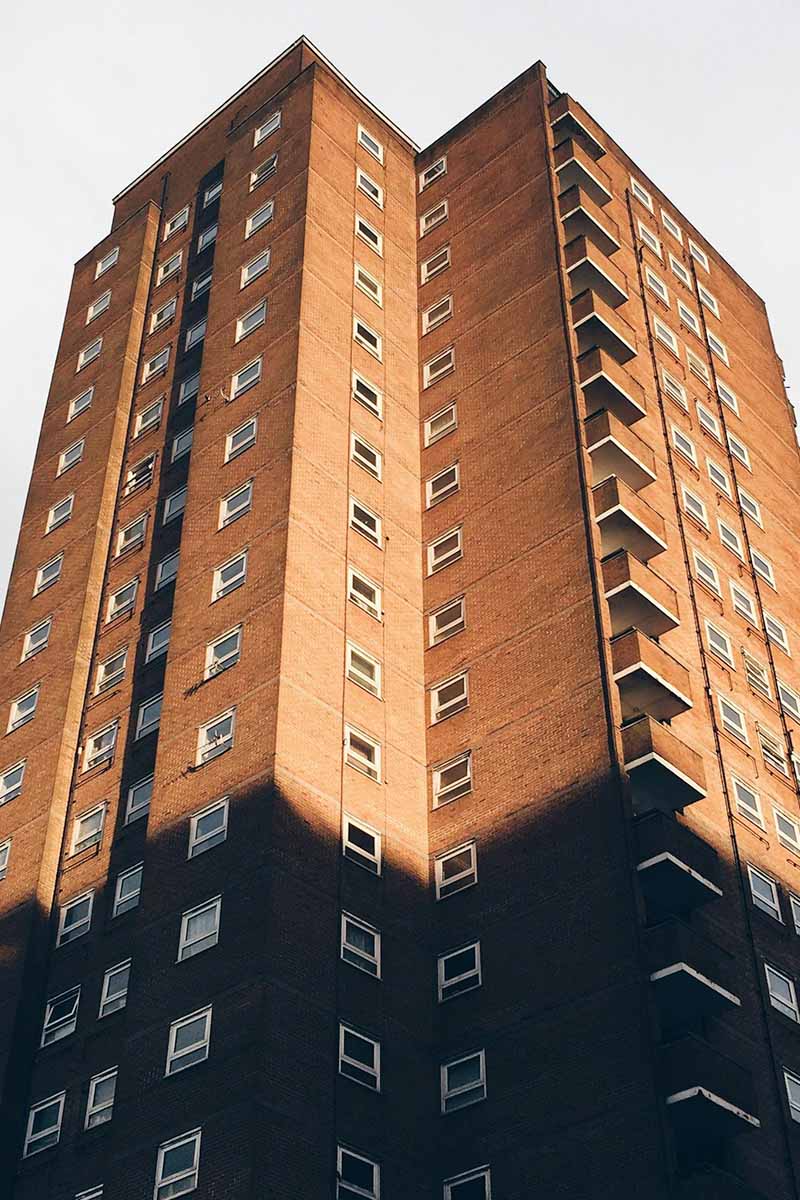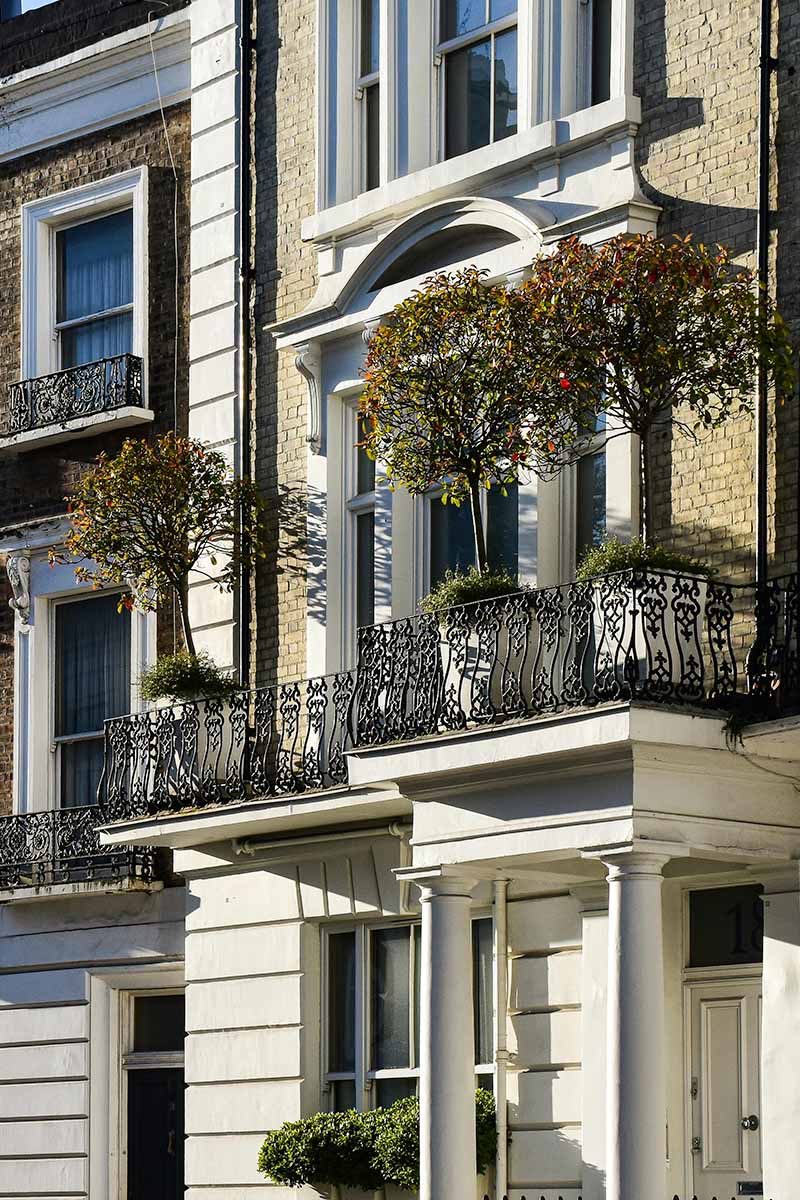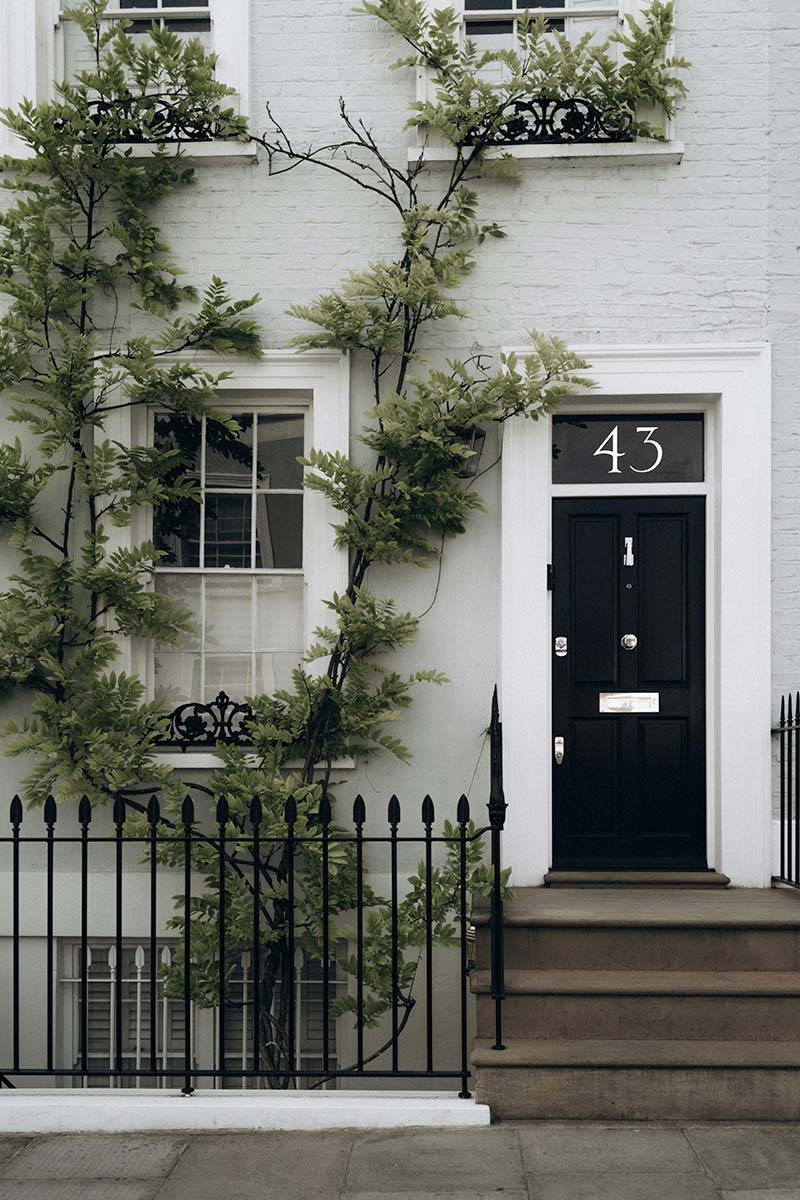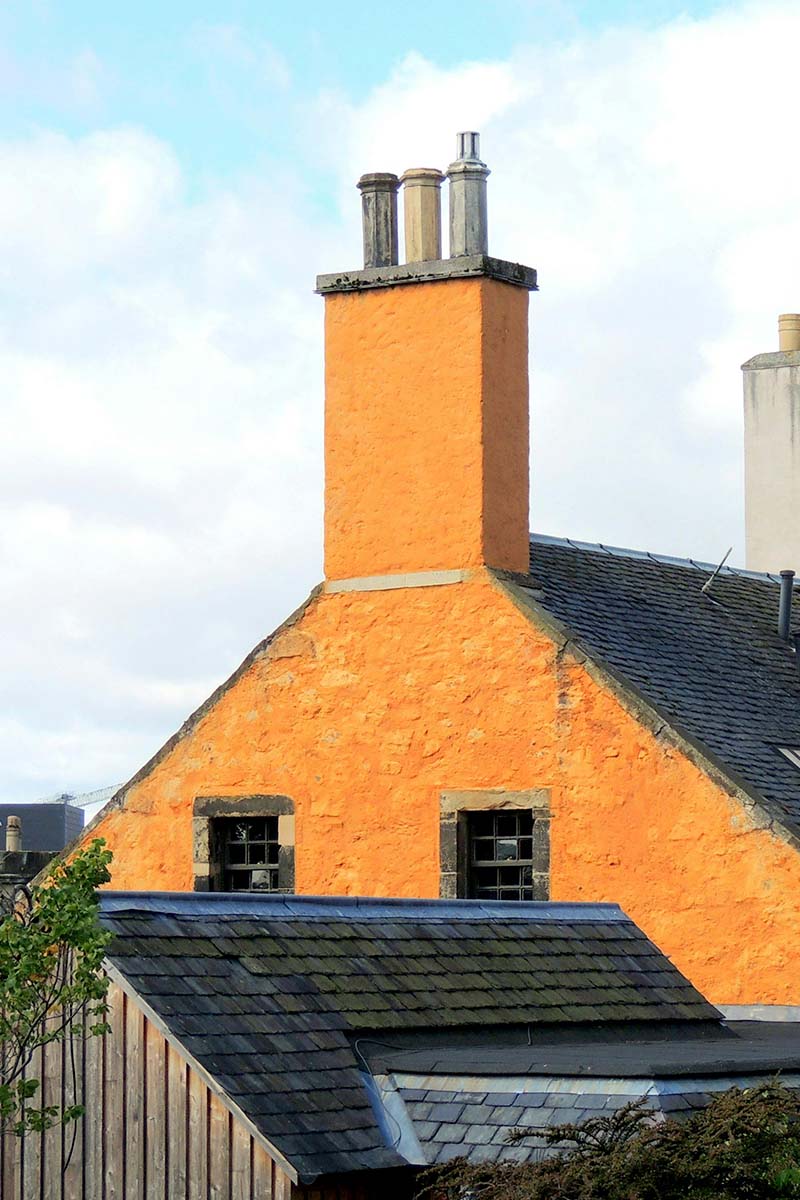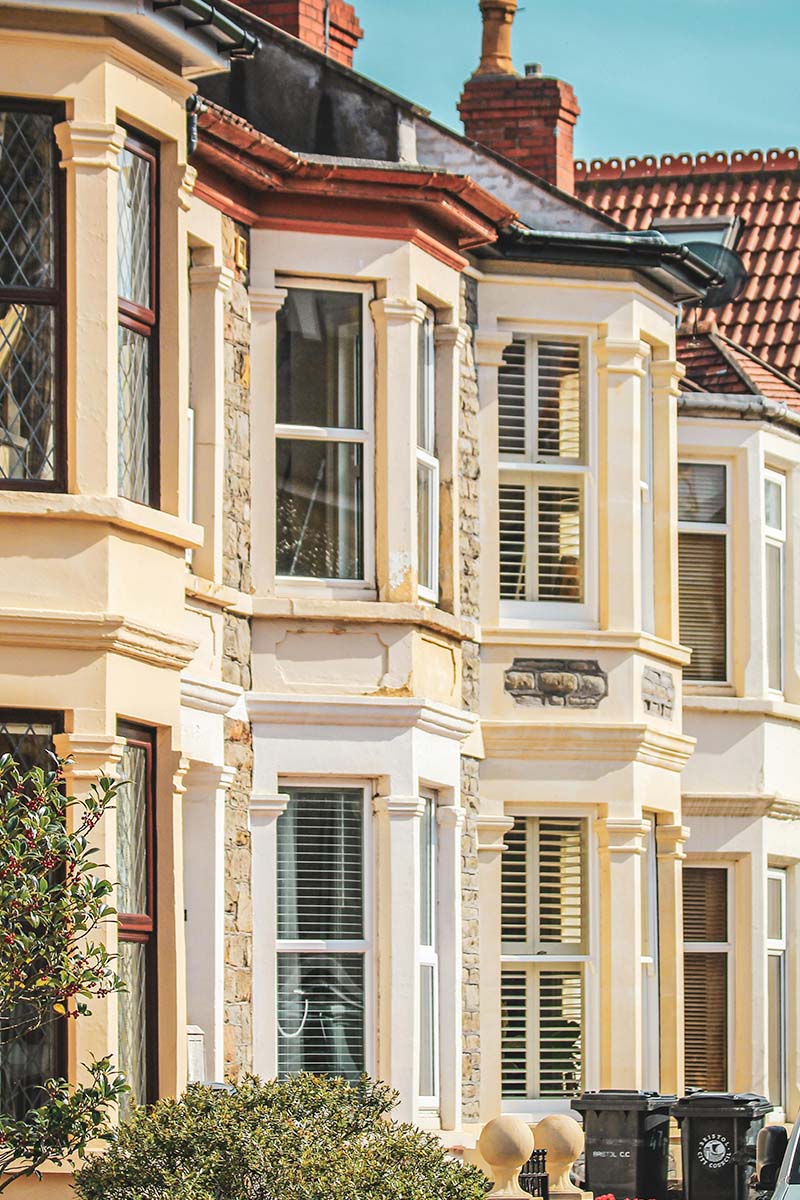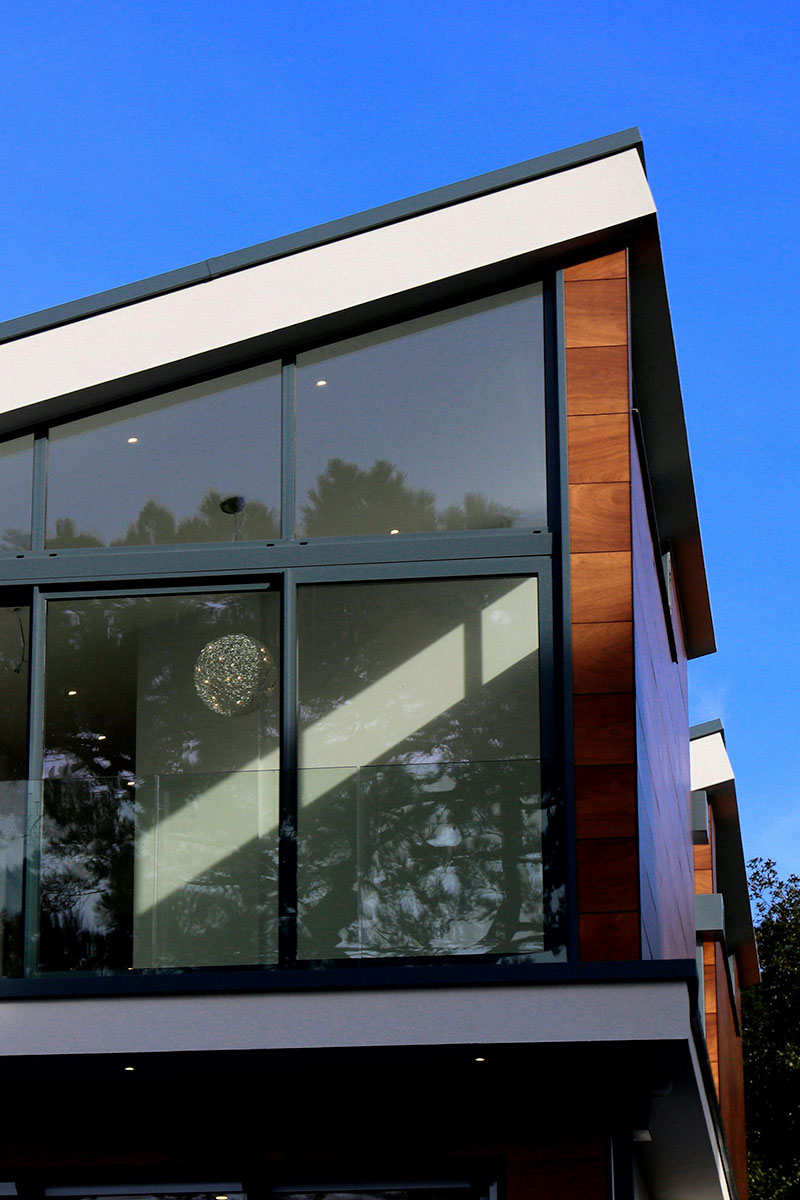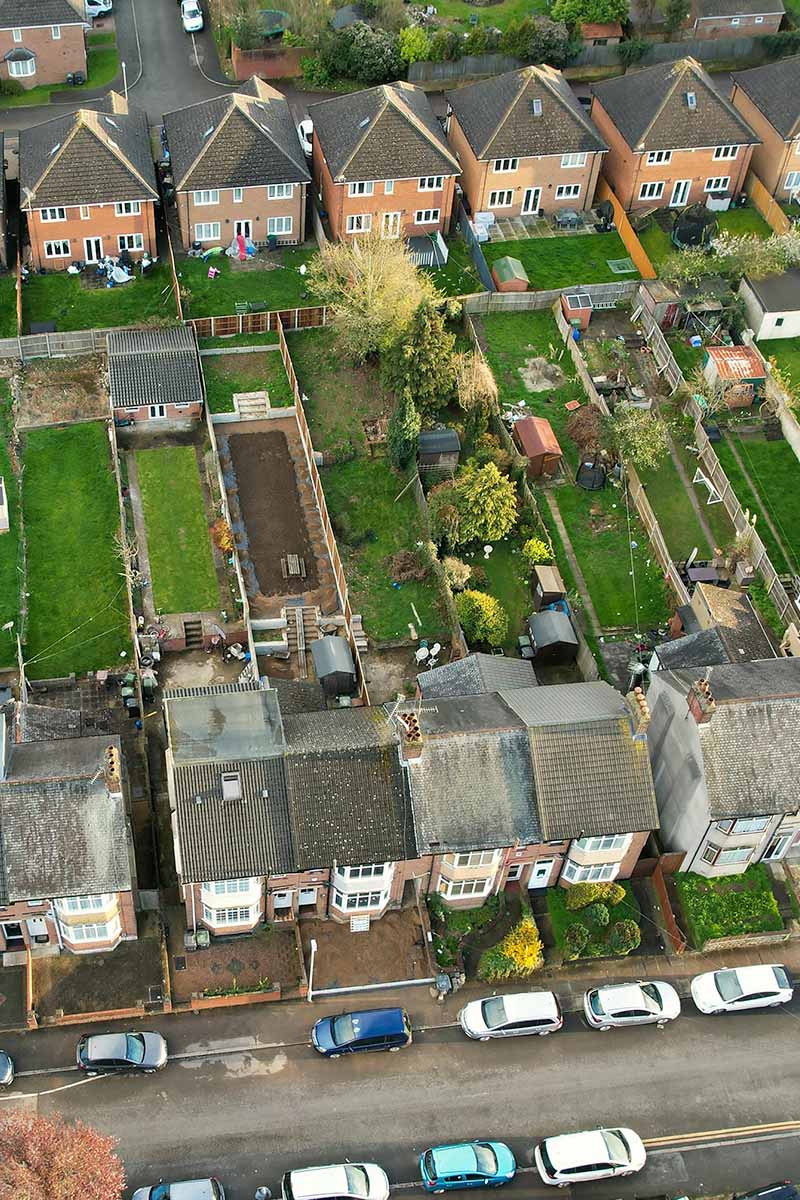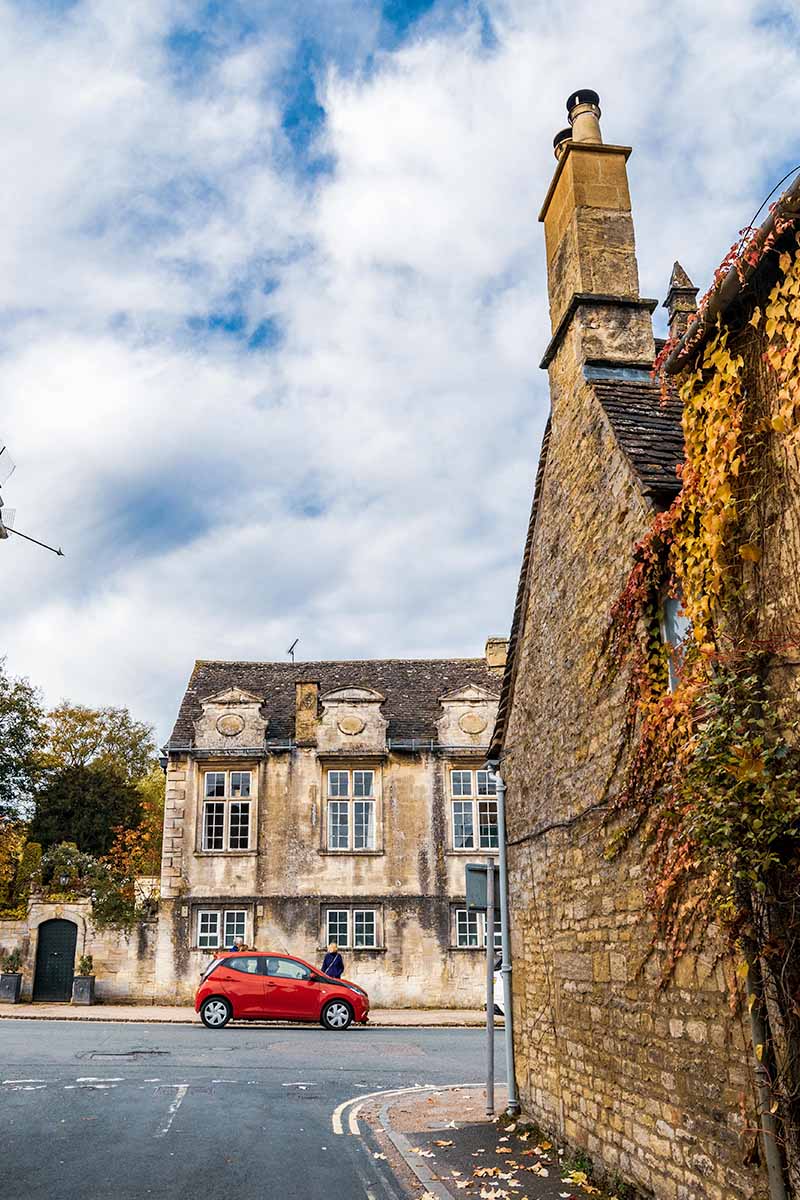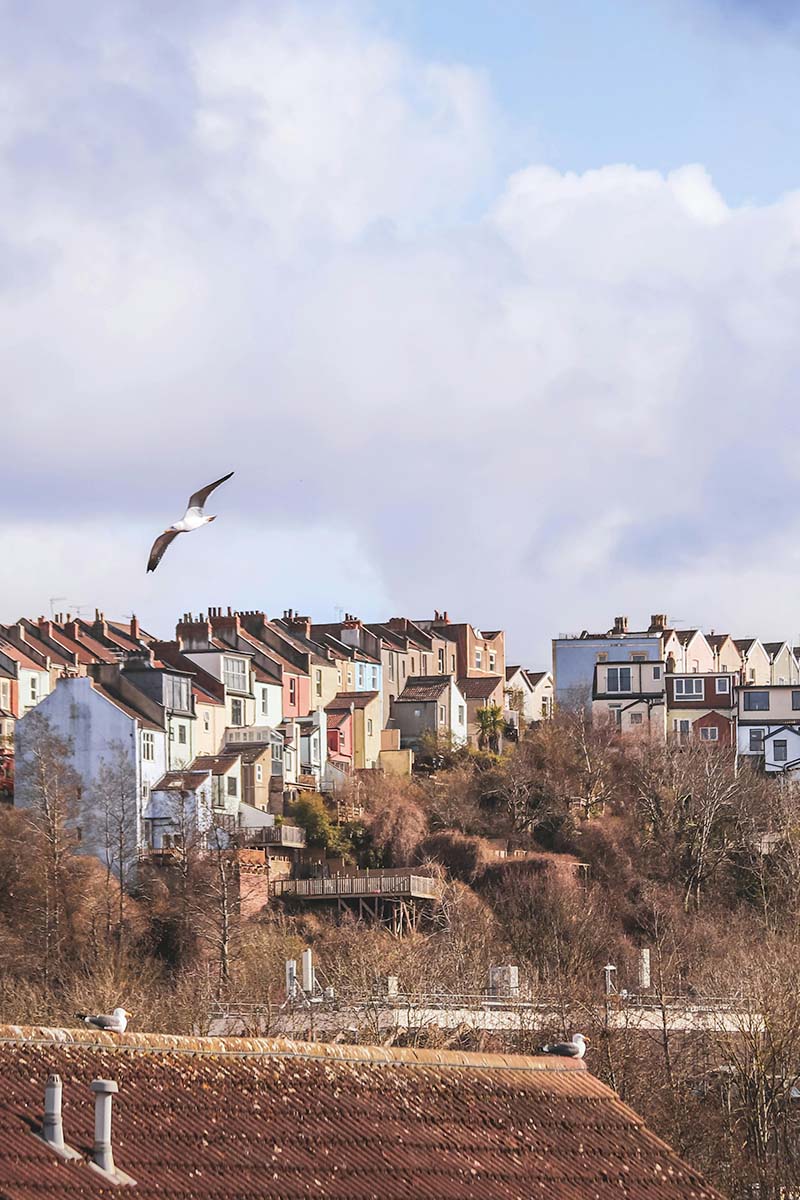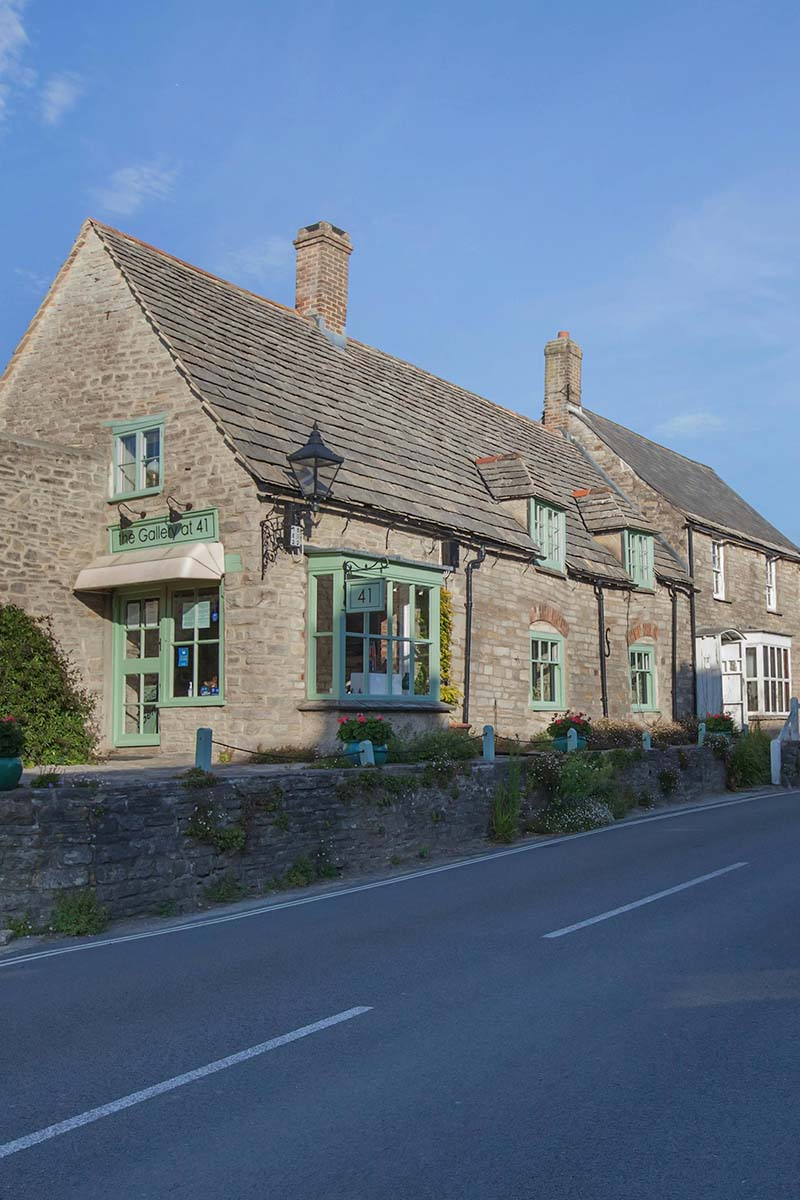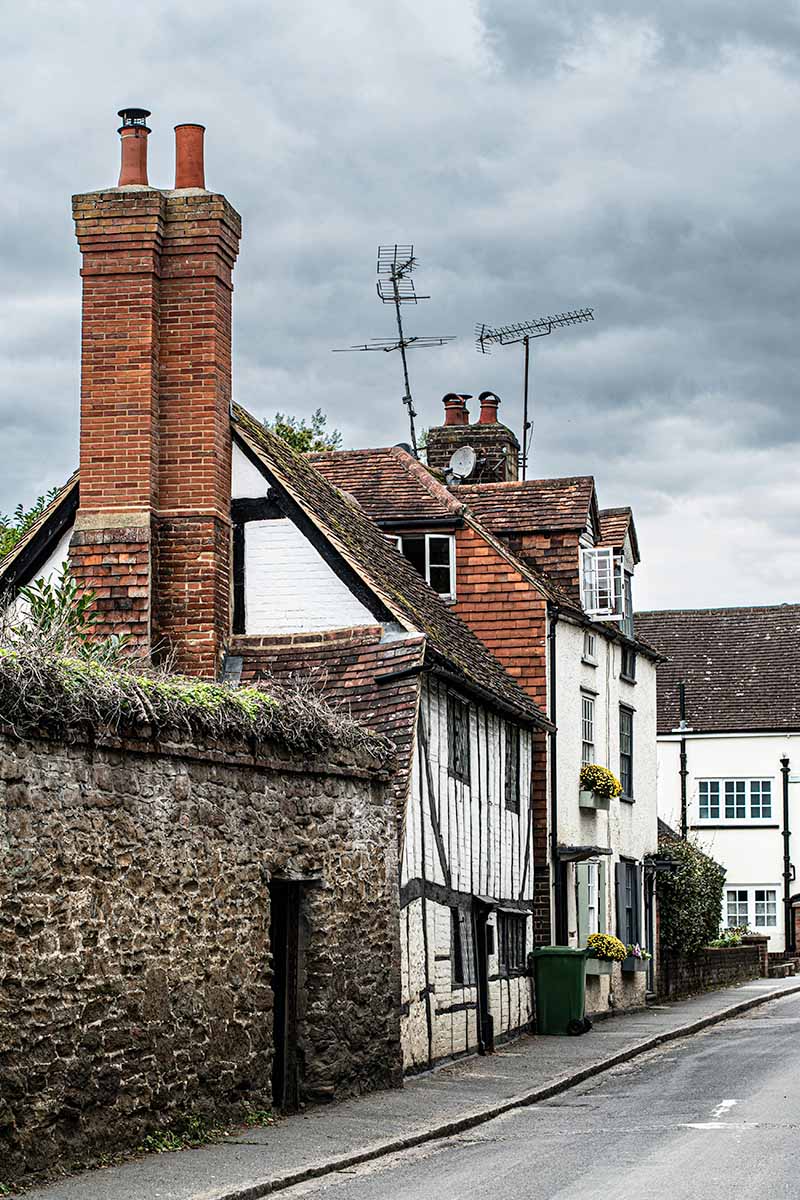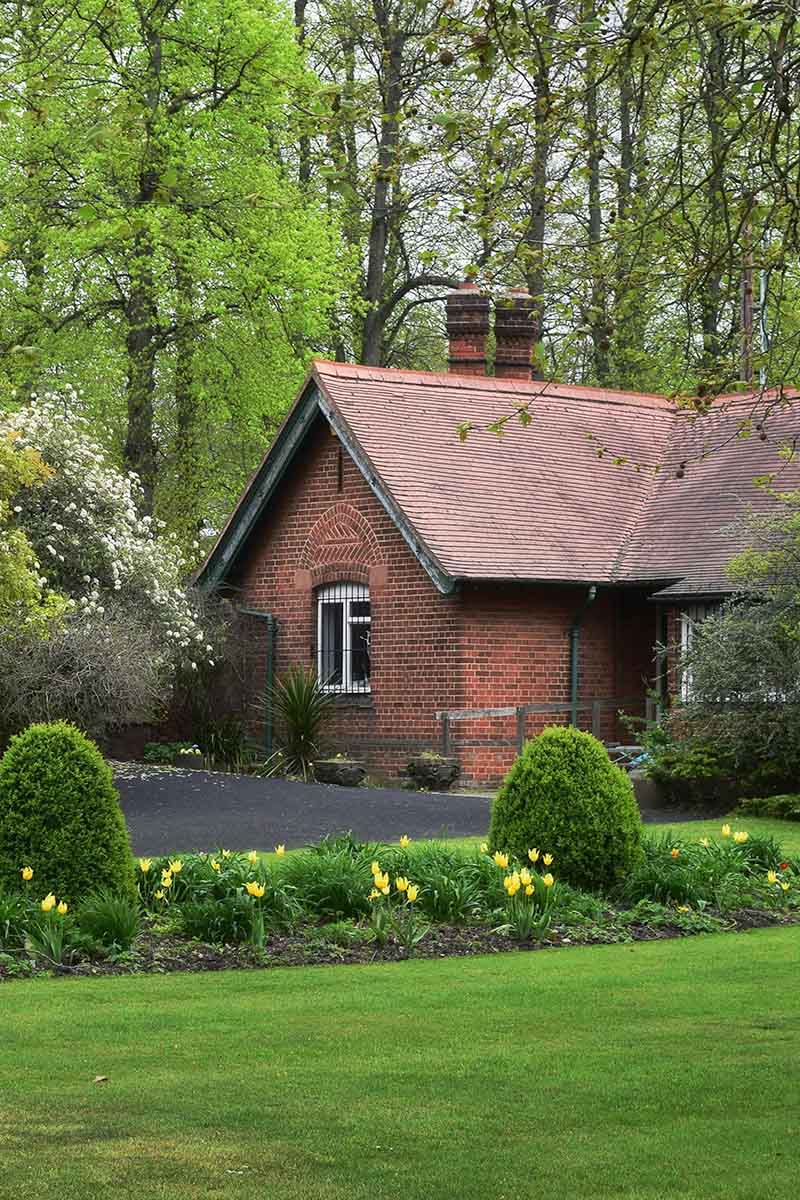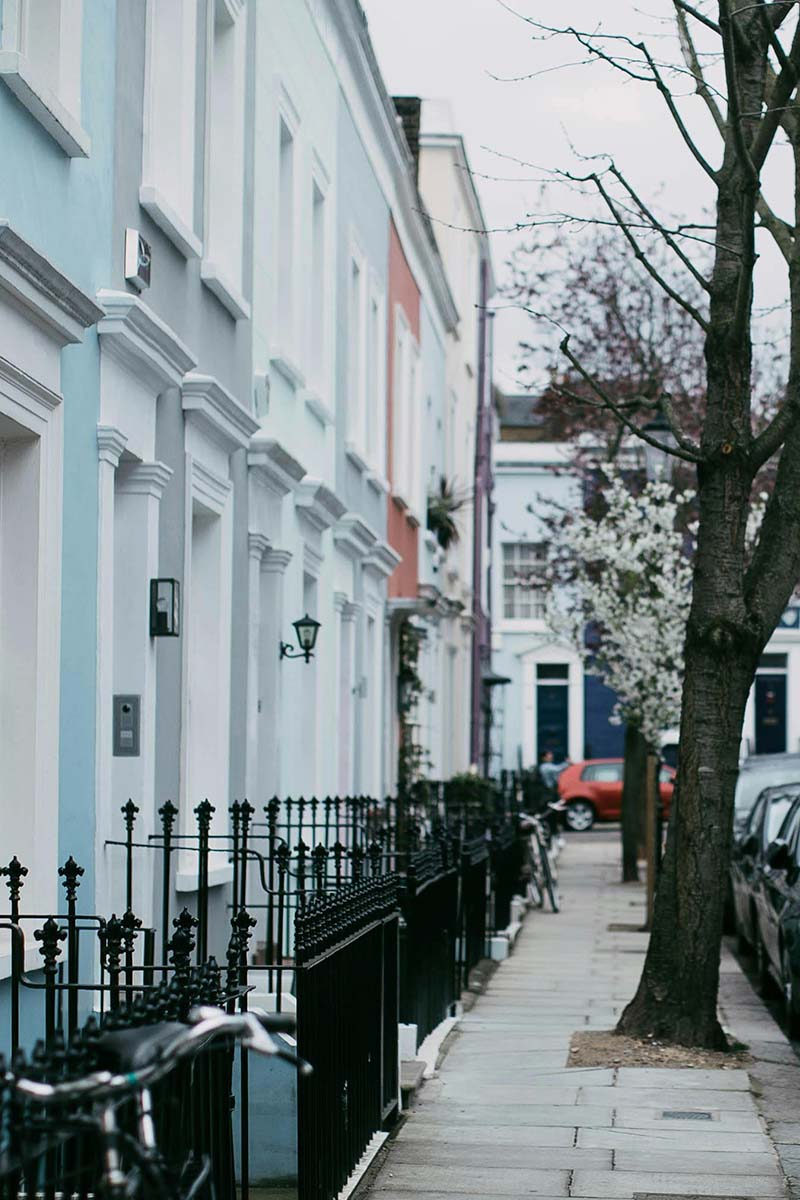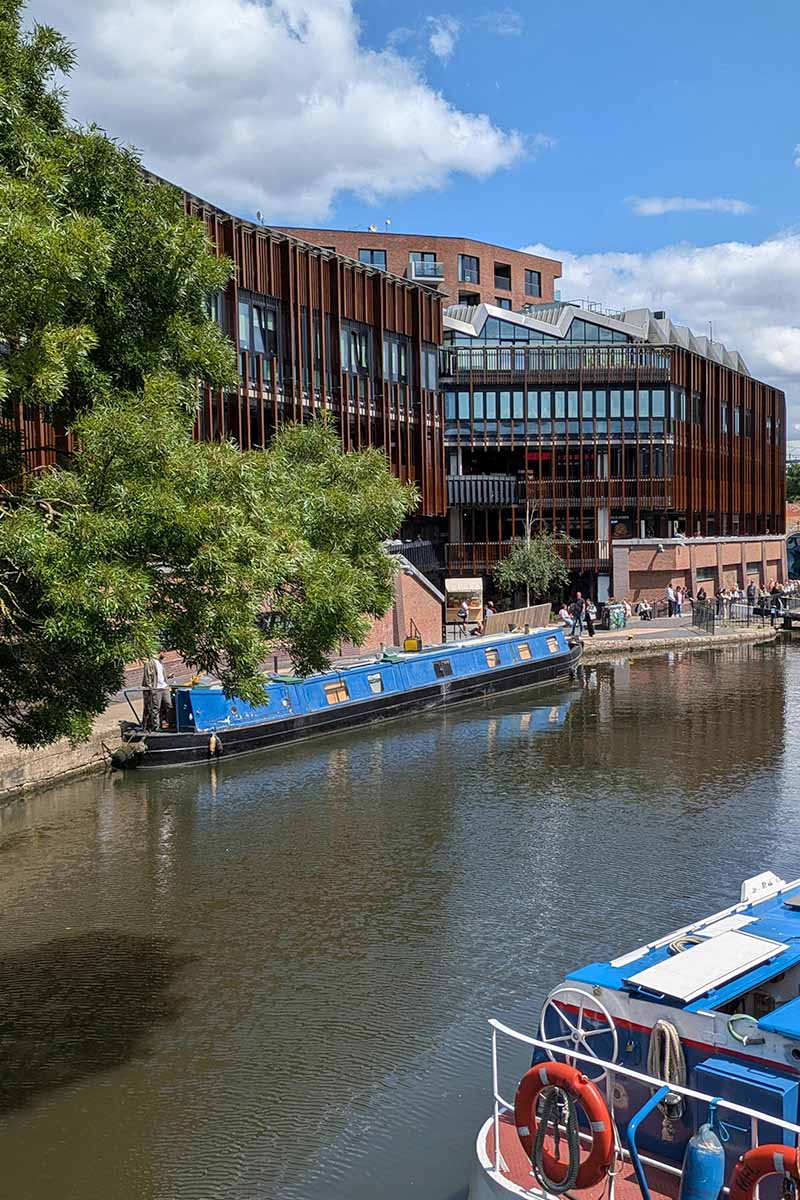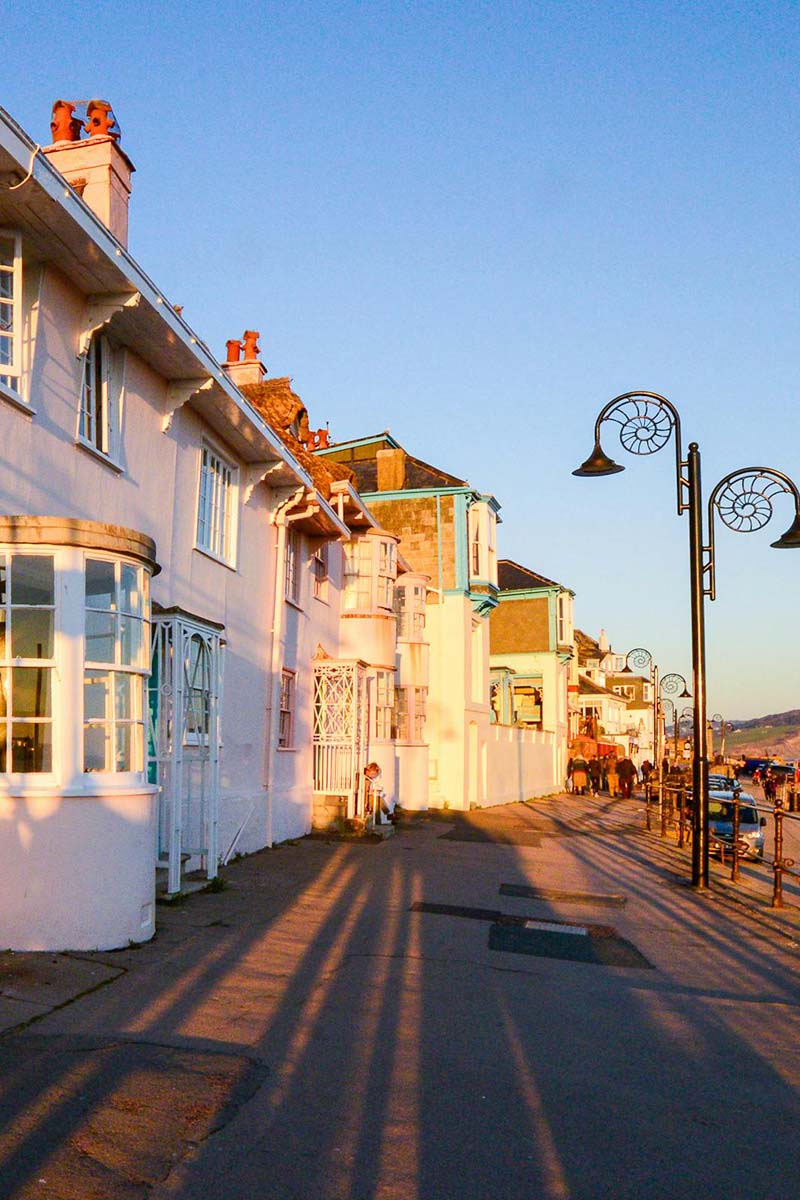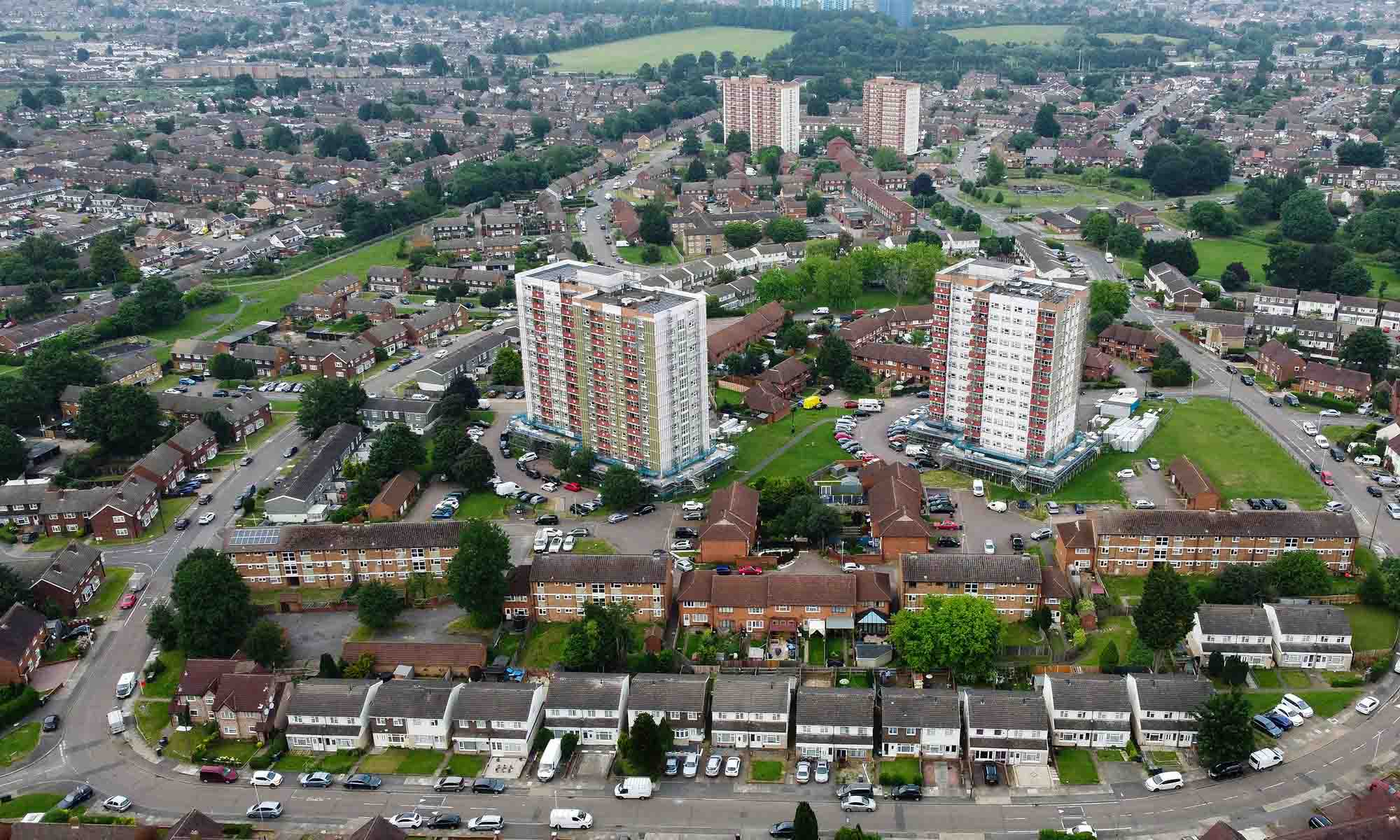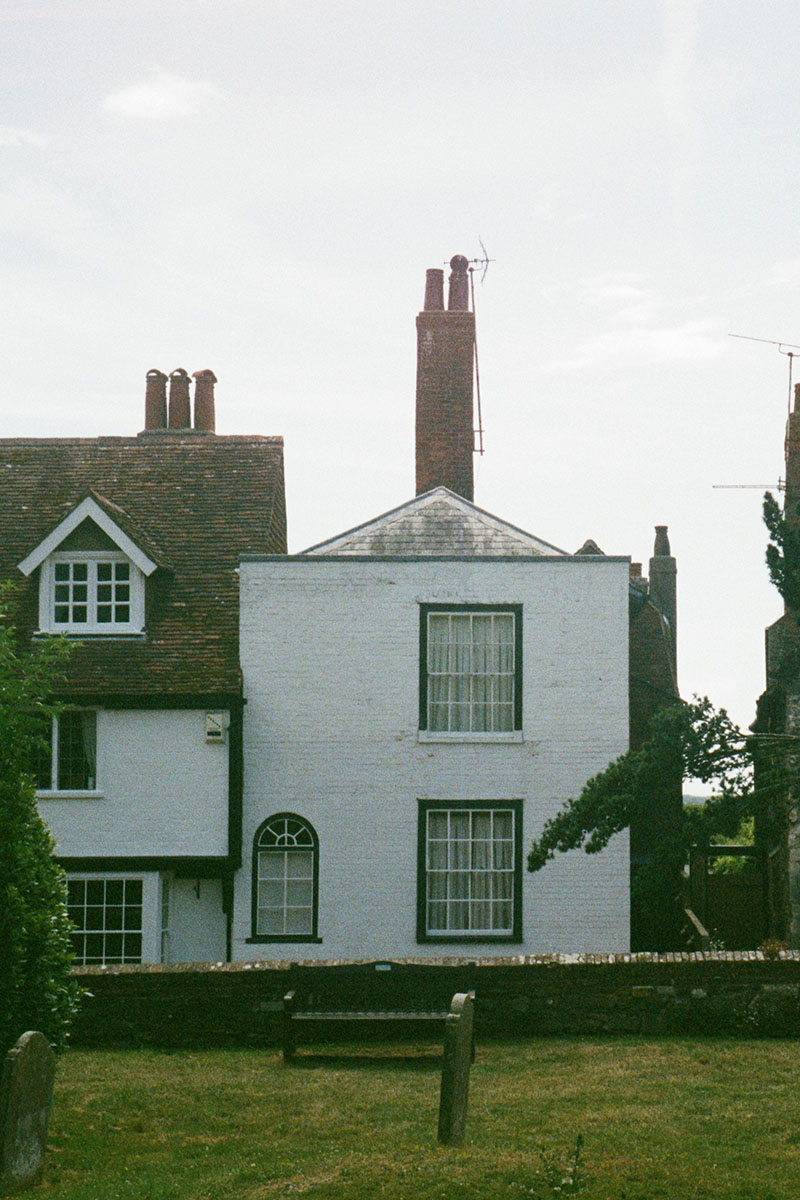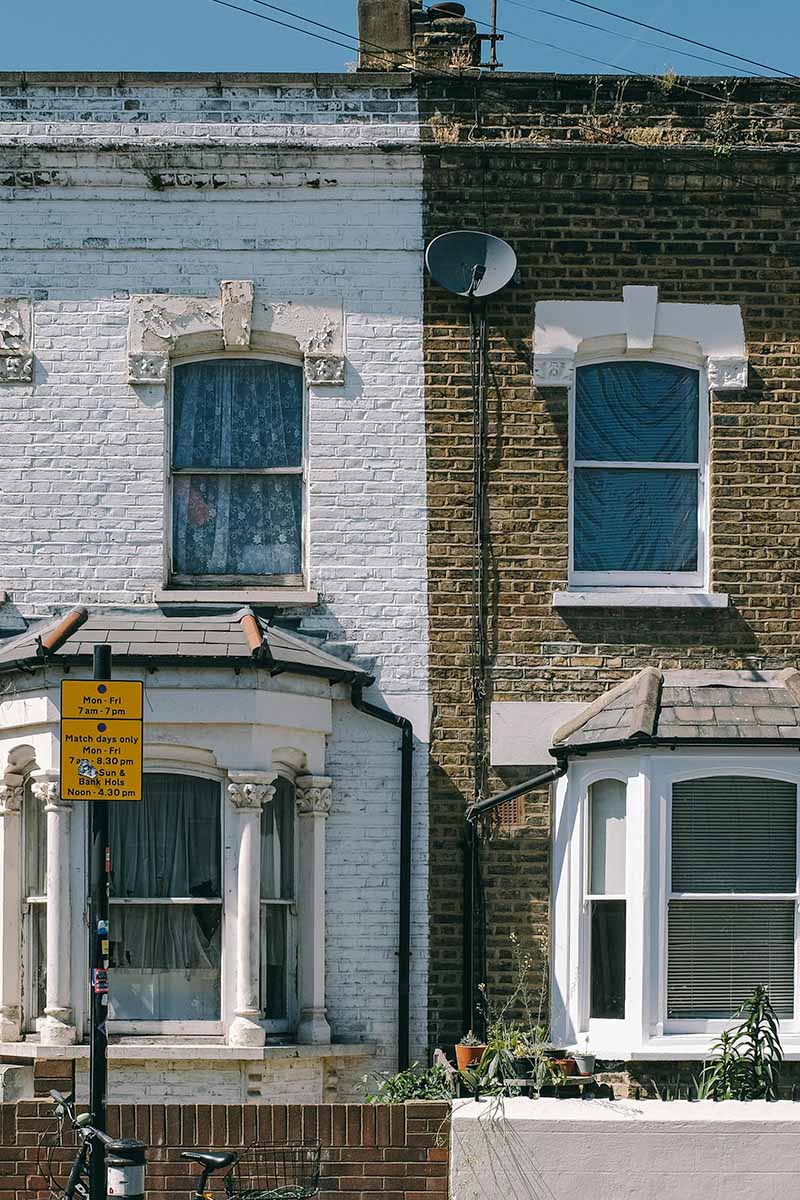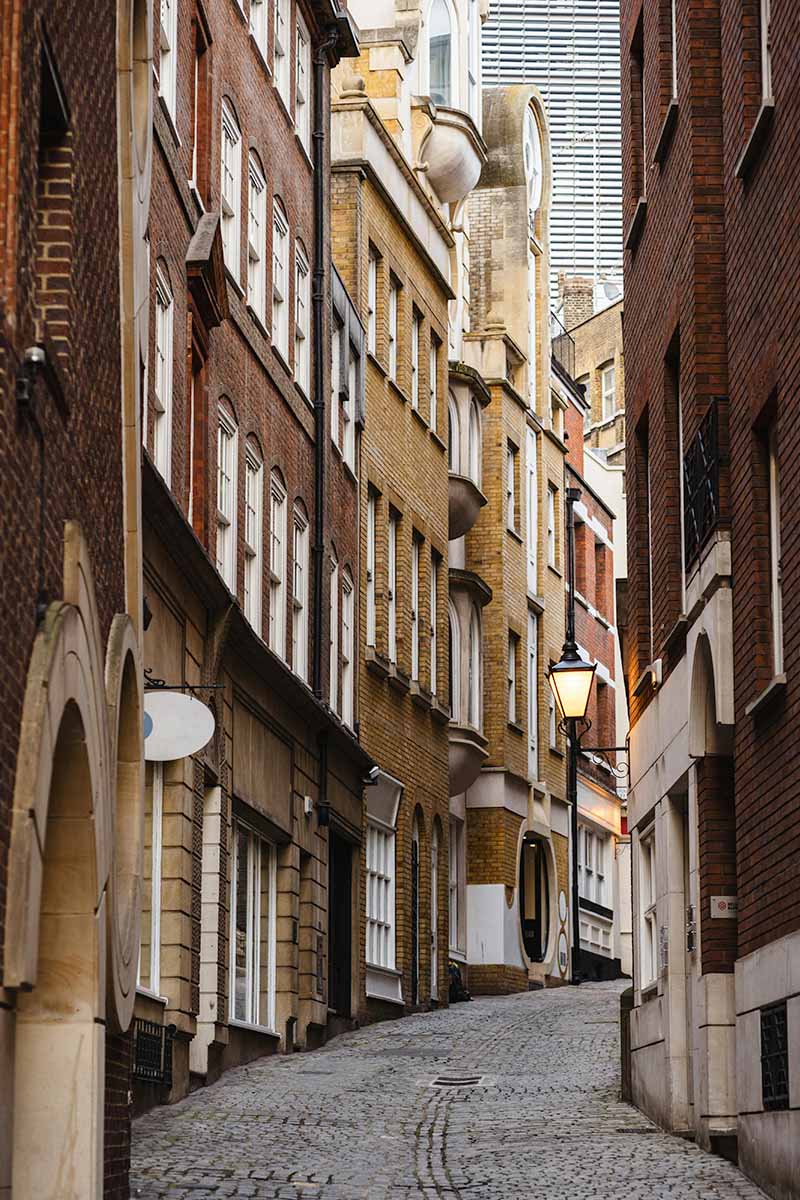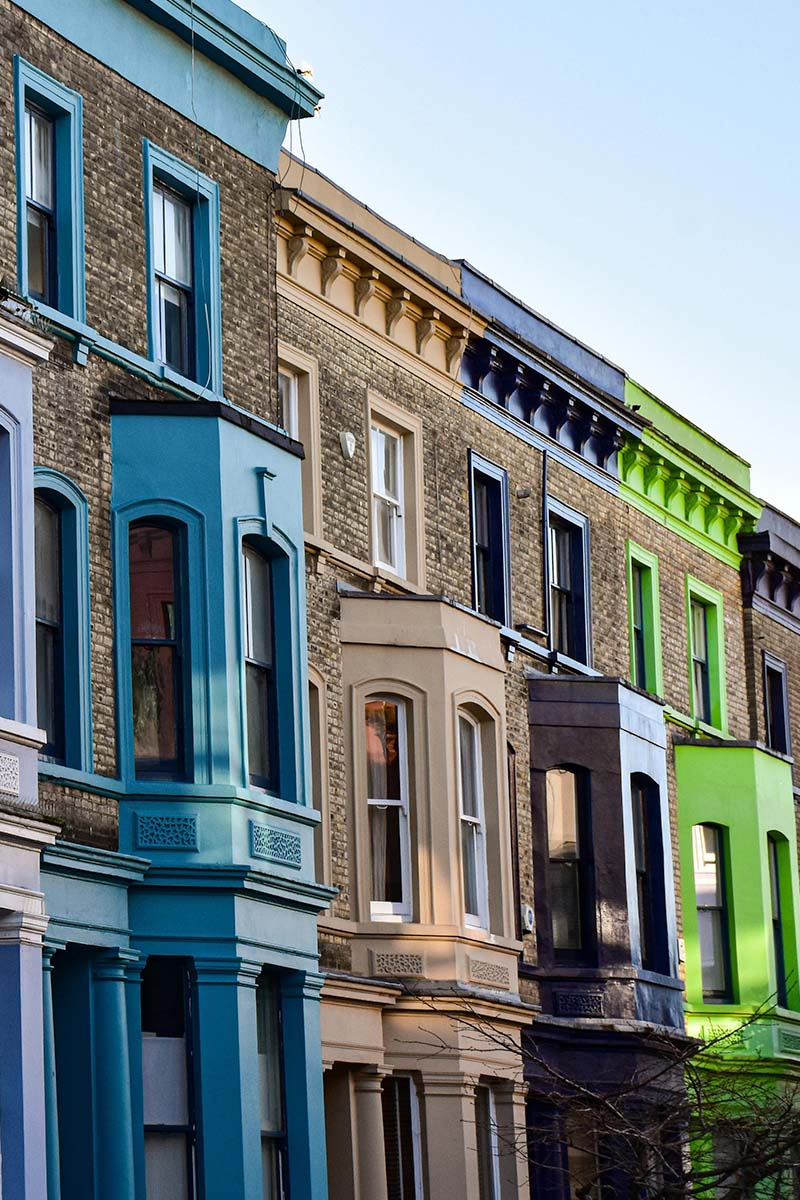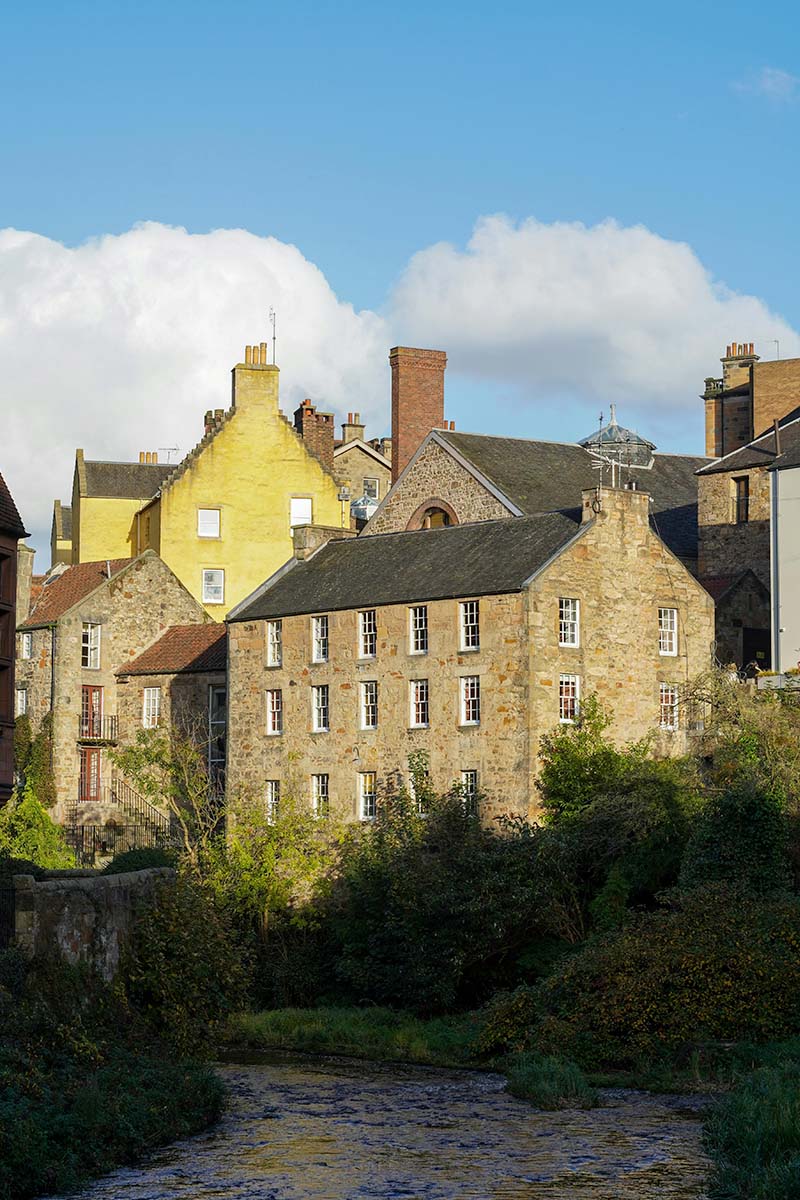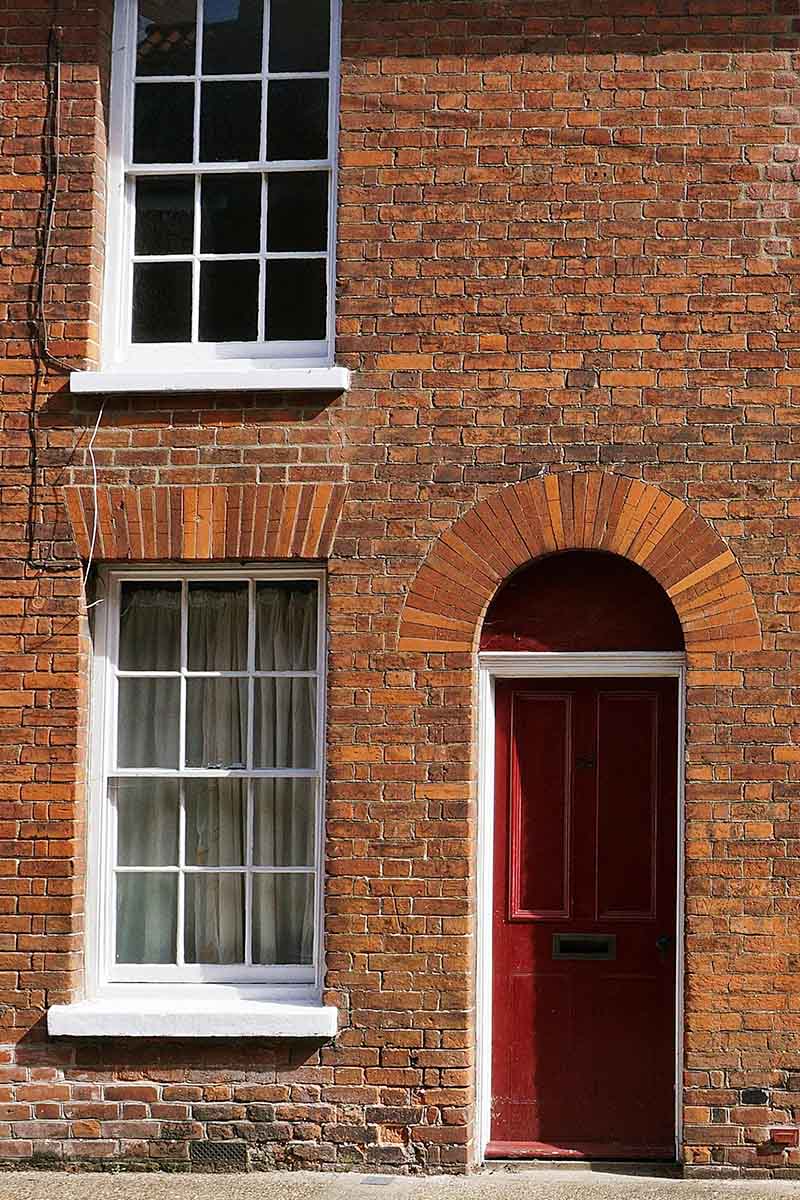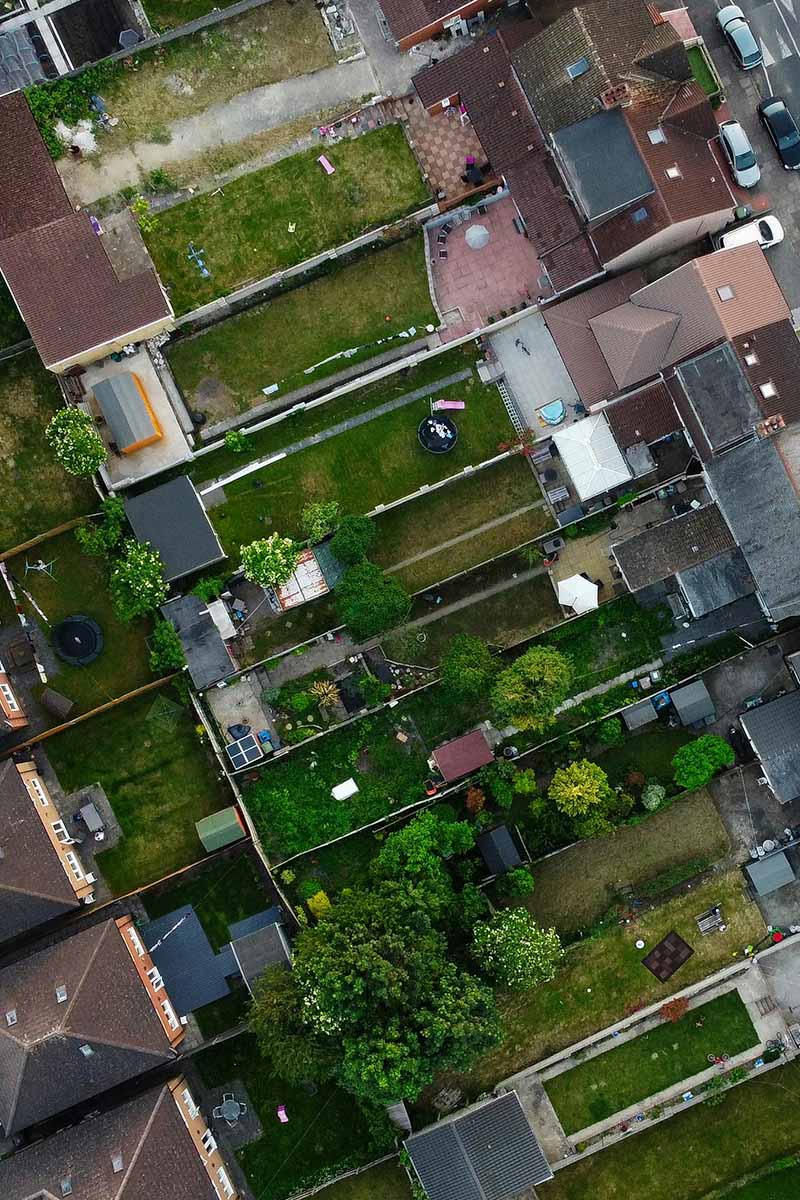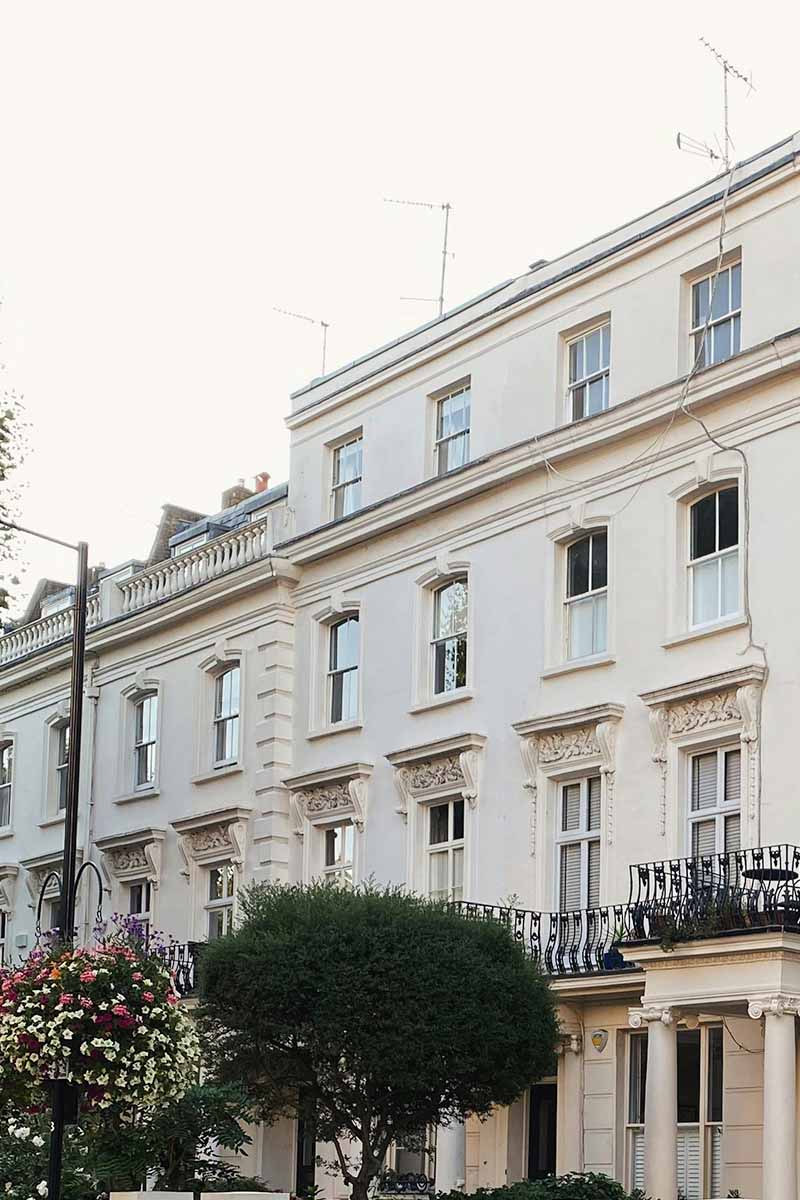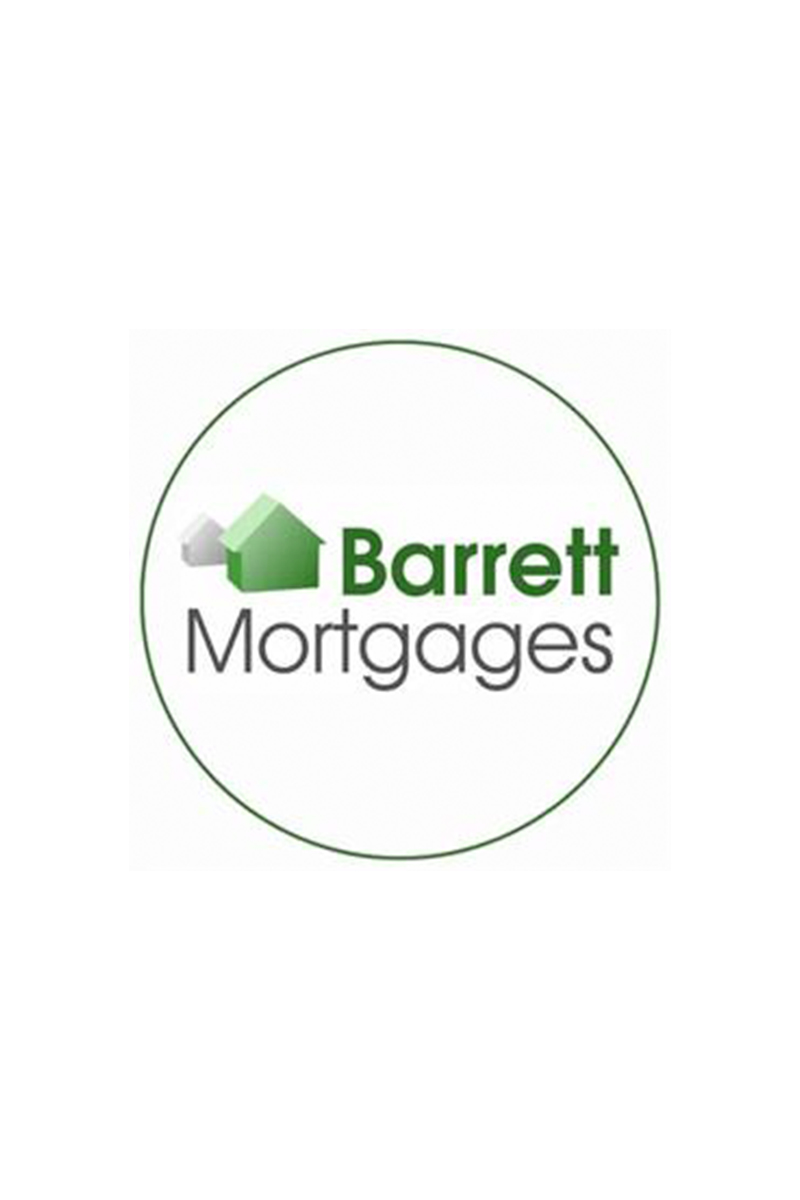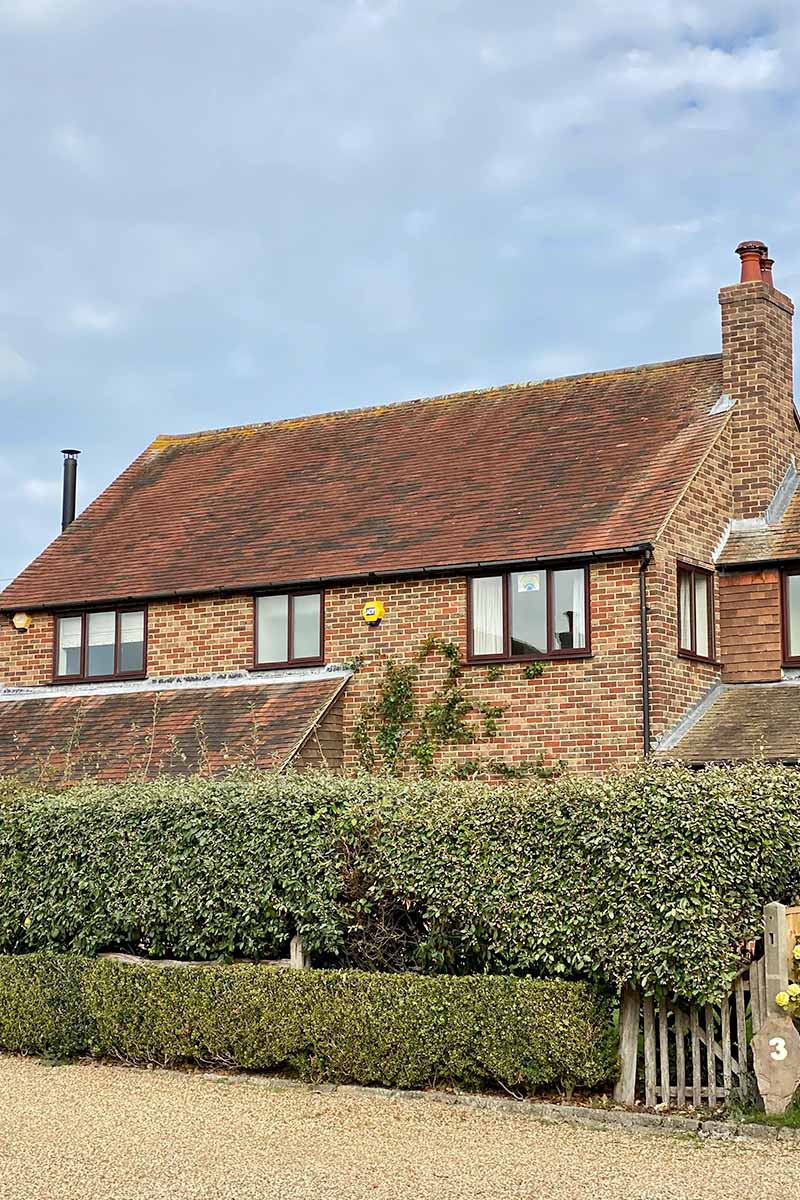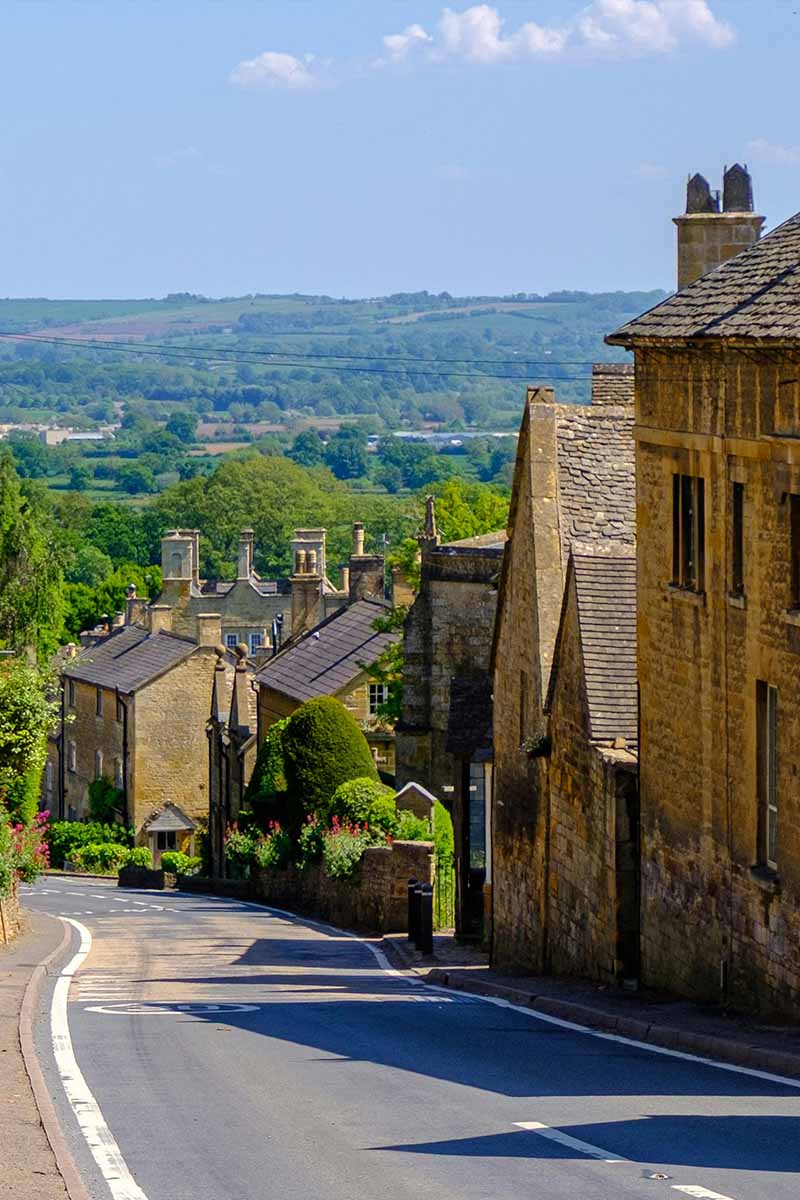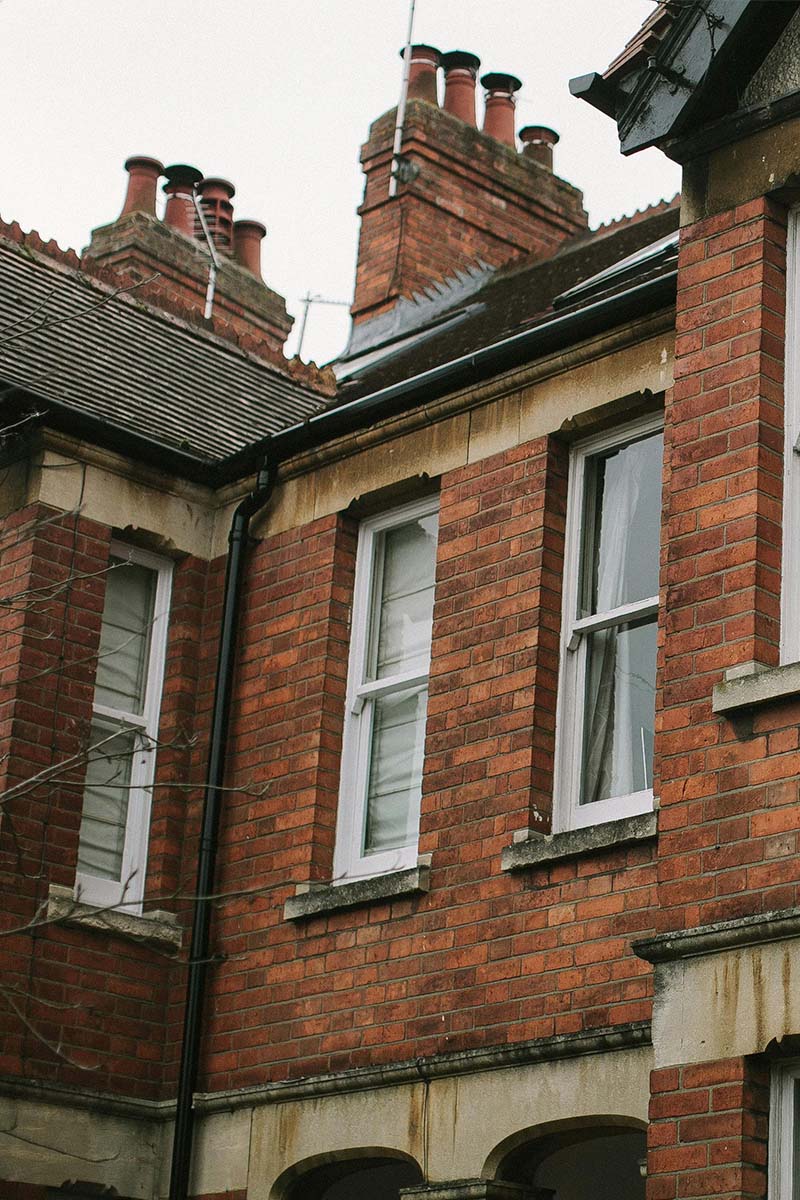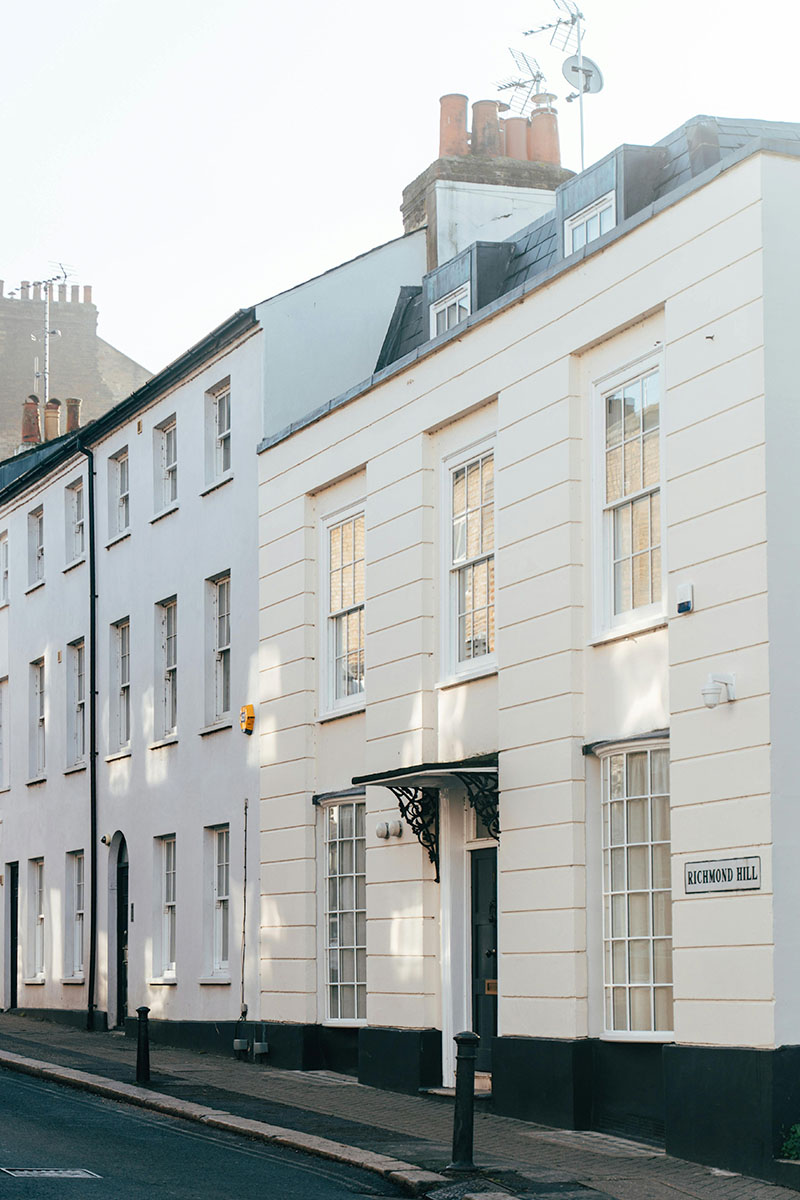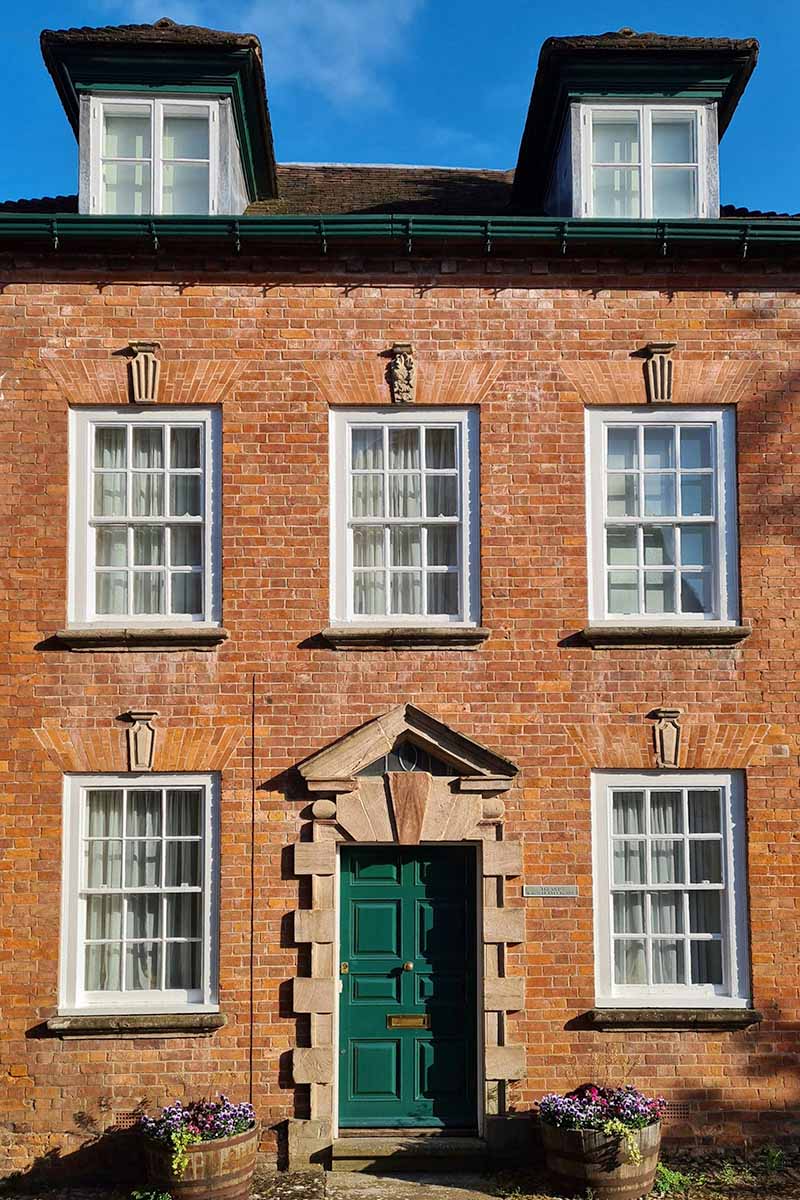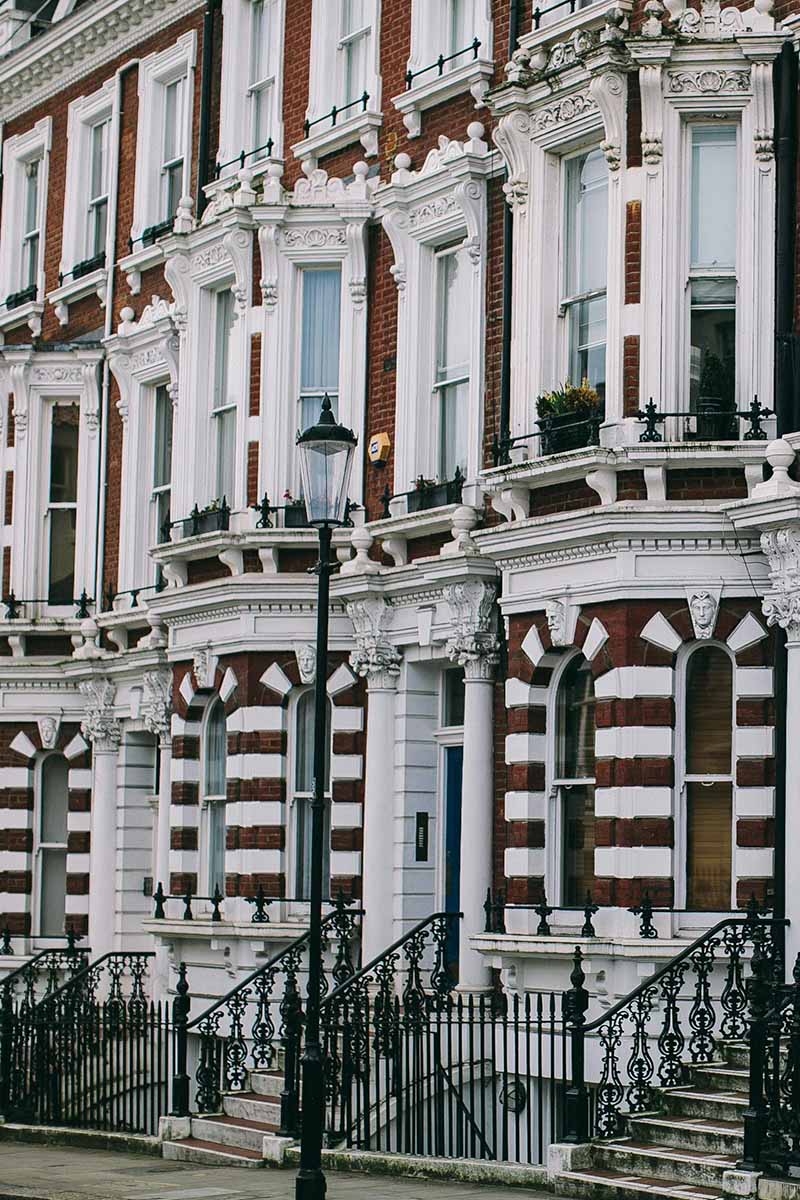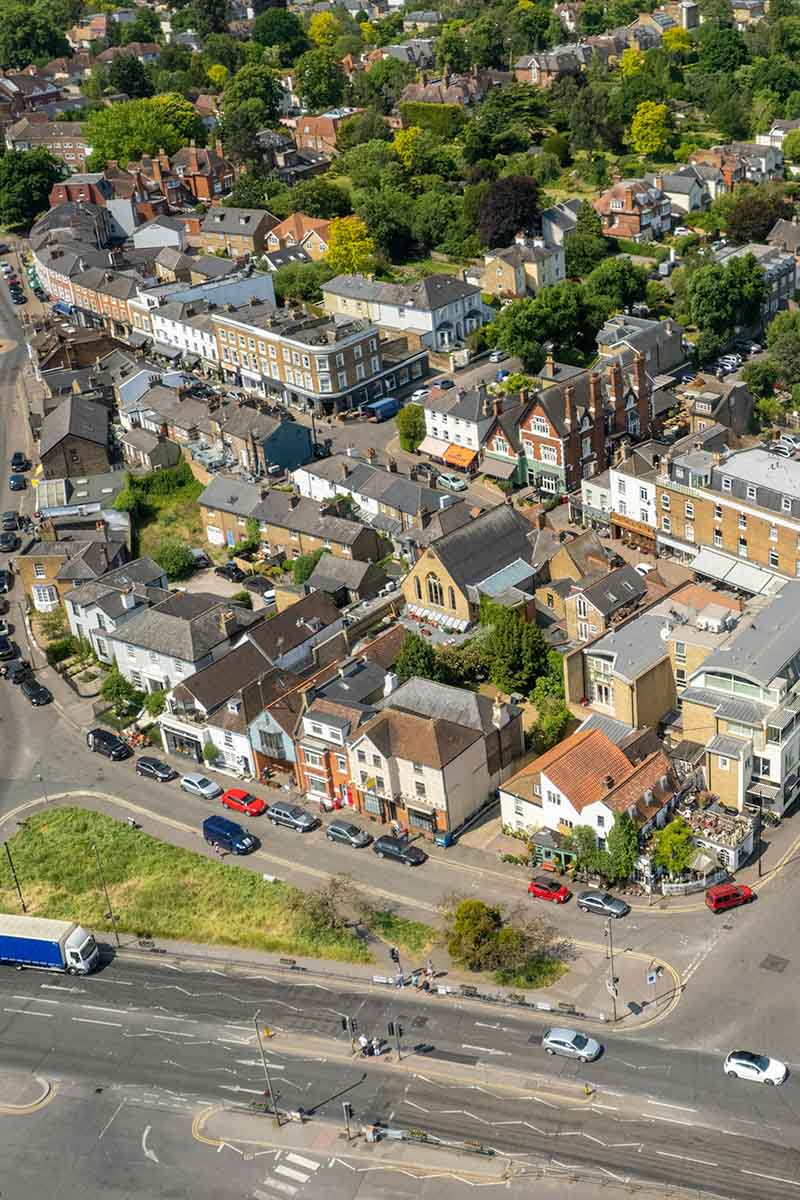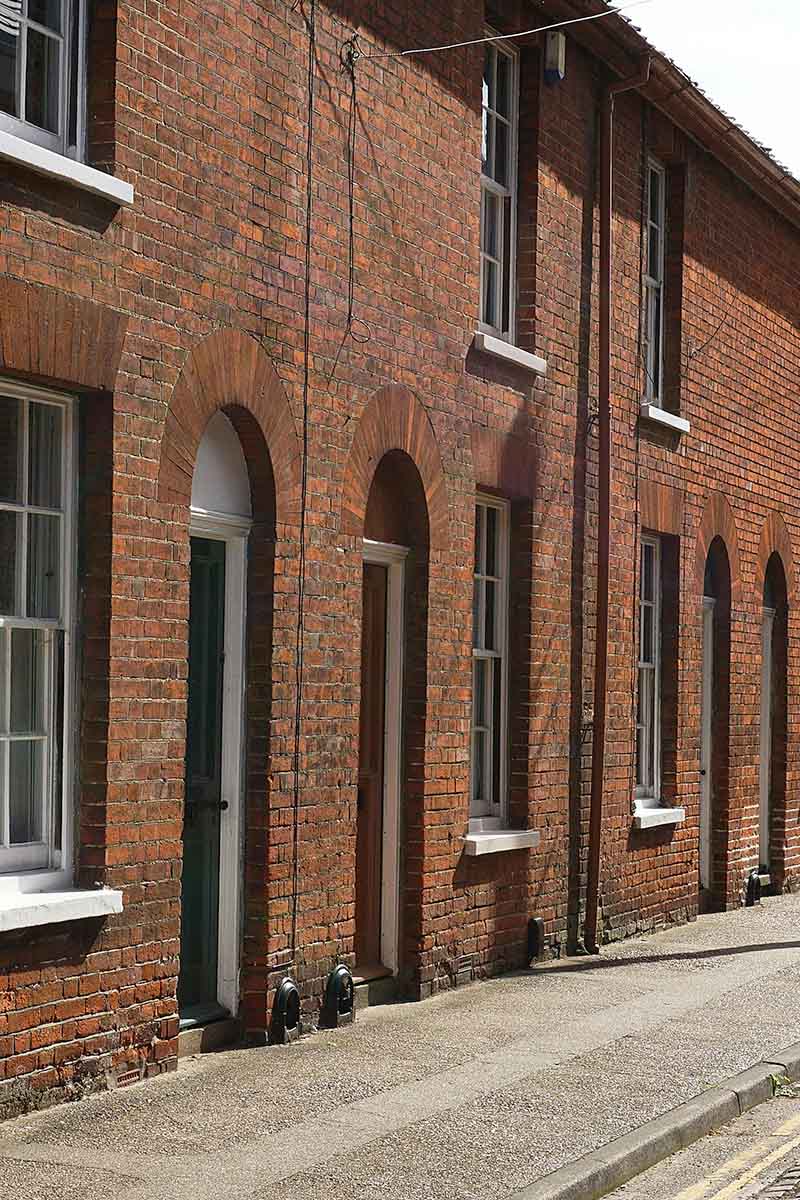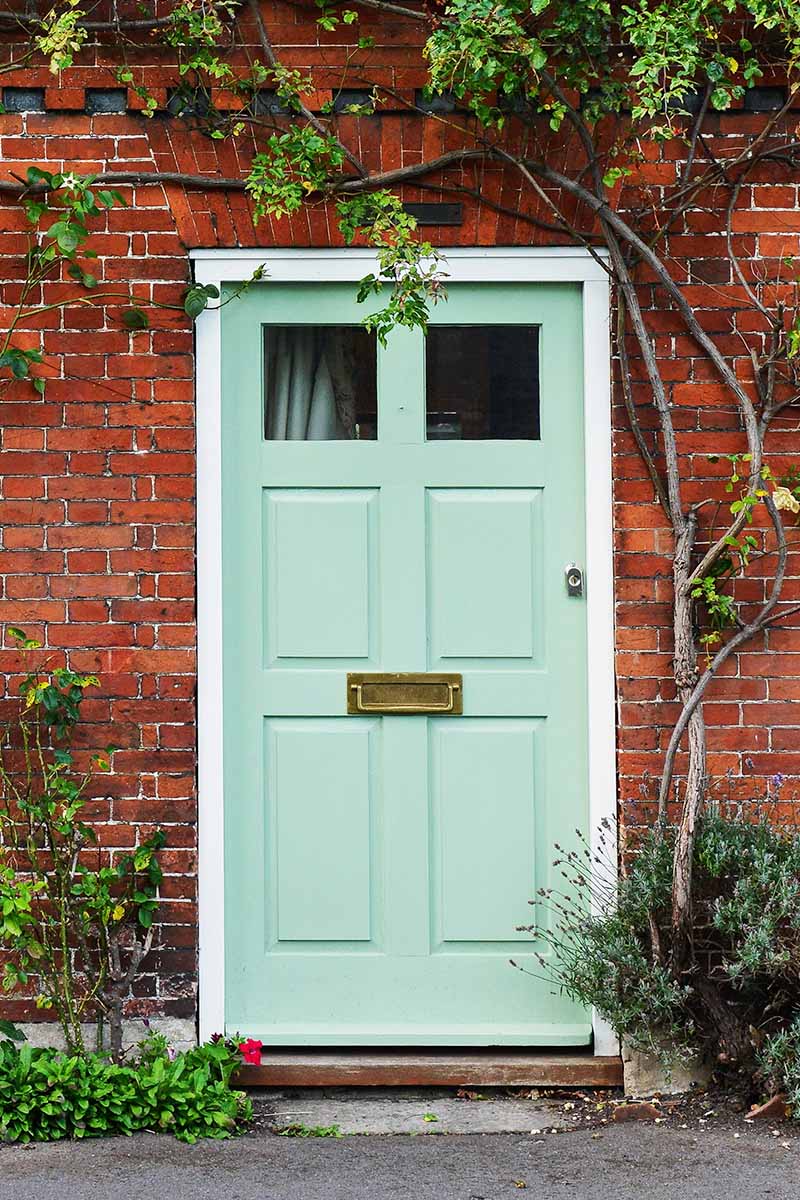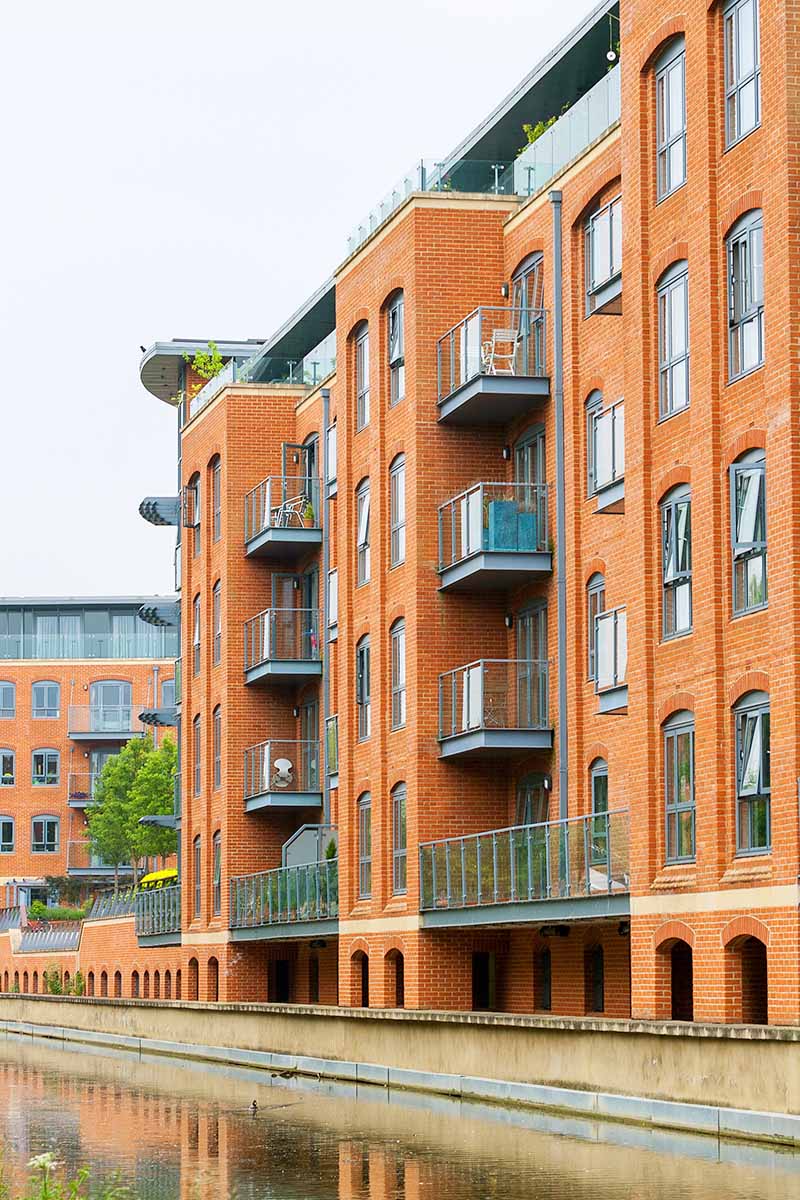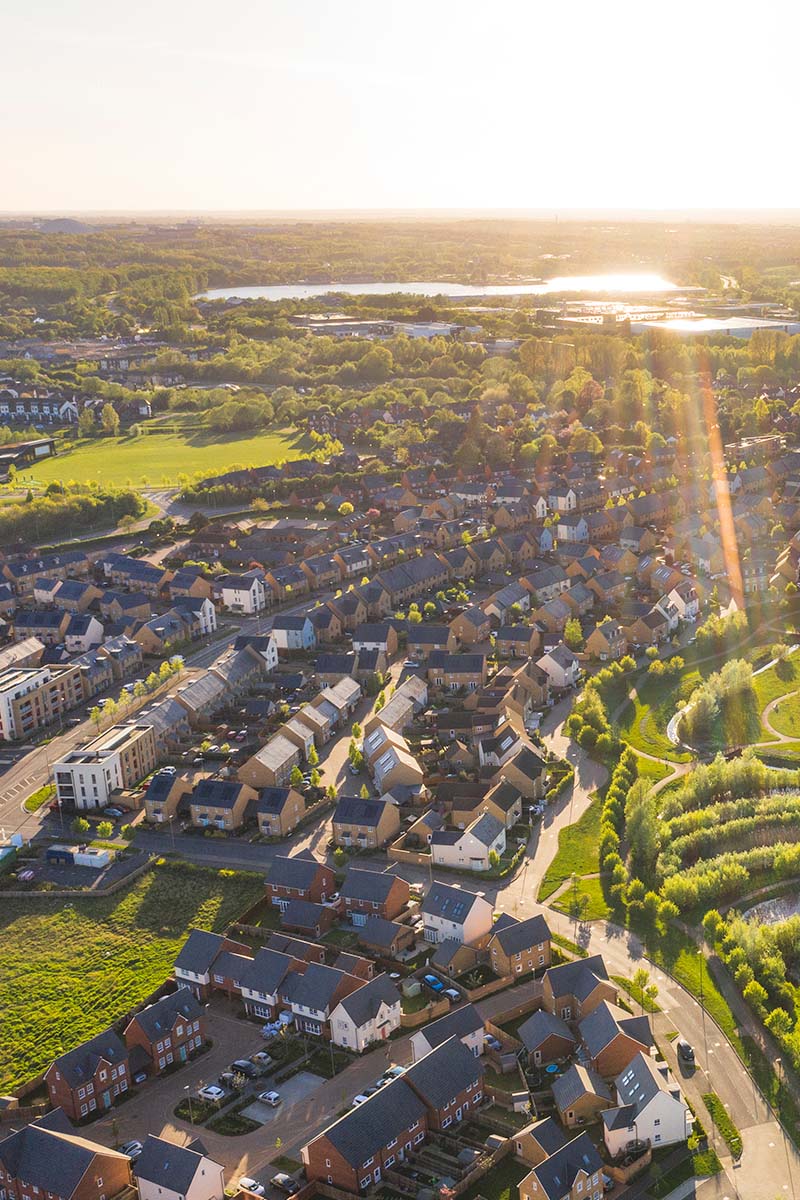Selling a house in a high crime area
Selling a house is difficult enough without the added challenge of crime in the surrounding area. High local crime rates, anti-social neighbours, or even a single high-profile incident can reduce buyer confidence, lower offers, or prevent a sale entirely. In this guide, we’ll explain how crime affects property sales, what your legal disclosure duties are, and the options available if your home won’t sell on the open market. We’ll also share example scenarios and a clear comparison table to help you weigh up your next step.
- Crime affects value and demand – buyers may avoid areas linked to burglaries, anti-social behaviour, or violence.
- You must disclose issues – under UK law, sellers must declare neighbour disputes, crime incidents, or anti-social behaviour on the TA6 property form.
- Local authority or police action may help – for anti-social neighbours, councils can impose ASBOs or closure orders.
- Alternative routes exist – you can try auction, target landlords, or consider a guaranteed sale to a sell your house for cash company.
- Non-disclosure risks legal action – failure to declare crime issues may result in compensation claims or the sale being reversed.

How crime affects property sales
High local crime rates create a perception of risk. Buyers may fear break-ins, unsafe streets, or poor resale value. Mortgage lenders may also be cautious in certain postcodes with repeated crime reports.
Estate agents report that crime-linked stigma often:
- Reduces demand – fewer viewings and offers.
- Lowers value – buyers expect a discount for added risk.
- Delays sales – properties can remain on the market far longer than average.
Example: A two-bed terraced house in Manchester near a known anti-social behaviour hotspot had 20% fewer viewings than similar homes a street away, forcing the seller to reduce the asking price twice before considering alternatives.
Your legal duty to disclose crime issues
Under the Consumer Protection from Unfair Trading Regulations 2008 (CPRs), sellers must disclose any information that could materially affect a buyer’s decision. This is reinforced through the TA6 Property Information Form, which you must complete when selling.
You are expected to disclose:
- Neighbour disputes – including anti-social behaviour complaints, ASBOs, or police involvement.
- Criminal activity – known burglaries, violent incidents, or ongoing issues linked to the area.
- Neighbourhood safety issues – intimidation, harassment, or problems affecting liveability.
- Property-linked incidents – violent deaths or significant crime events within the home or immediate vicinity.
Failure to disclose honestly can lead to:
- Sales being cancelled.
- Buyers suing for misrepresentation.
- Possible criminal liability.
Options if you can’t sell due to crime
Even with disclosure, sales can fall through. Here are the main alternatives:
Local authority and protective measures
If crime relates to specific neighbours or anti-social behaviour, you can:
- Contact your council – many have dedicated anti-social behaviour teams.
- Request police support – community officers can gather evidence and intervene.
- Apply for closure or abatement orders – in extreme cases, councils can restrict use of problematic properties.
- Use Land Registry’s Property Alert service – free monitoring that warns you of suspicious activity such as attempted fraud linked to your address.
These steps may improve your situation but often take time, which isn’t ideal if you need to move quickly.
Save time and hassle by selling your home with us
Get a guaranteed cash offer on any property in England and Wales. All you need to do to get started is enter your address below.
Case study scenarios
Case study 1: Break-ins deterring buyers
Anna owned a flat in Birmingham. After two burglaries in the block, potential buyers pulled out citing safety concerns. Even after reducing her asking price, the flat sat unsold for 8 months. She turned to a cash buyer, achieving a guaranteed sale within 3 weeks.
Case study 2: Anti-social neighbours
David tried to sell his semi-detached house but struggled because of noise and late-night parties next door. Legally, he had to disclose the neighbour disputes on the TA6 form. Buyers repeatedly walked away. Eventually, he approached a quick-sale company to move on.
Case study 3: Title fraud risk
Saira’s property in London was targeted by fraudsters due to vacant periods. She signed up for the Land Registry Property Alert service, which flagged attempted activity. Although this didn’t stop buyer nerves, it gave her peace of mind until she completed a fast cash sale.
FAQs
Do I have to disclose nearby crime when selling?
Yes. Under UK consumer law, sellers must disclose crime or anti-social issues that affect the property. Failure to do so risks legal action.
Can I sell without mentioning crime if the buyer doesn’t ask?
No. You have a duty to be proactive. If it could influence their decision, you must disclose it.
Will lowering the price help?
Sometimes, but if crime is severe or ongoing, even significant reductions may not overcome buyer reluctance.
Can renting out be a good option?
It can provide income, but you remain tied to the property and area. For many owners, a clean break via a quick sale is less stressful.
Do cash buyers really buy houses in high crime areas?
Yes. Specialist buyers like Habello purchase homes with issues – including location-based stigma – offering a guaranteed sale even where traditional buyers won’t proceed.
Recap: can you sell a house in a high crime area?
- Crime affects confidence, value, and demand.
- Sellers must legally disclose known crime and neighbour issues.
- Buyers can walk away, even late in the process.
- Alternatives include auction, renting, or selling directly to a cash buyer.
Need to sell despite crime concerns?
At Habello, we understand how stressful it can be when your property won’t sell because of circumstances outside your control. That’s why we step in with a guaranteed, chain-free offer.
- Fair market valuation.
- Final cash offer within 48–72 hours.
- Flexible sale timeline to suit your schedule.
- No legal fees when using our partner solicitor.
Property owners are choosing Habello for a faster, easier and less stressful way to sell
Sell your home quickly for cash by accepting an offer just below market value. See how we compare to your other options by using the calculator below.
Related guides
Bring yourself up to speed with our property guides.



